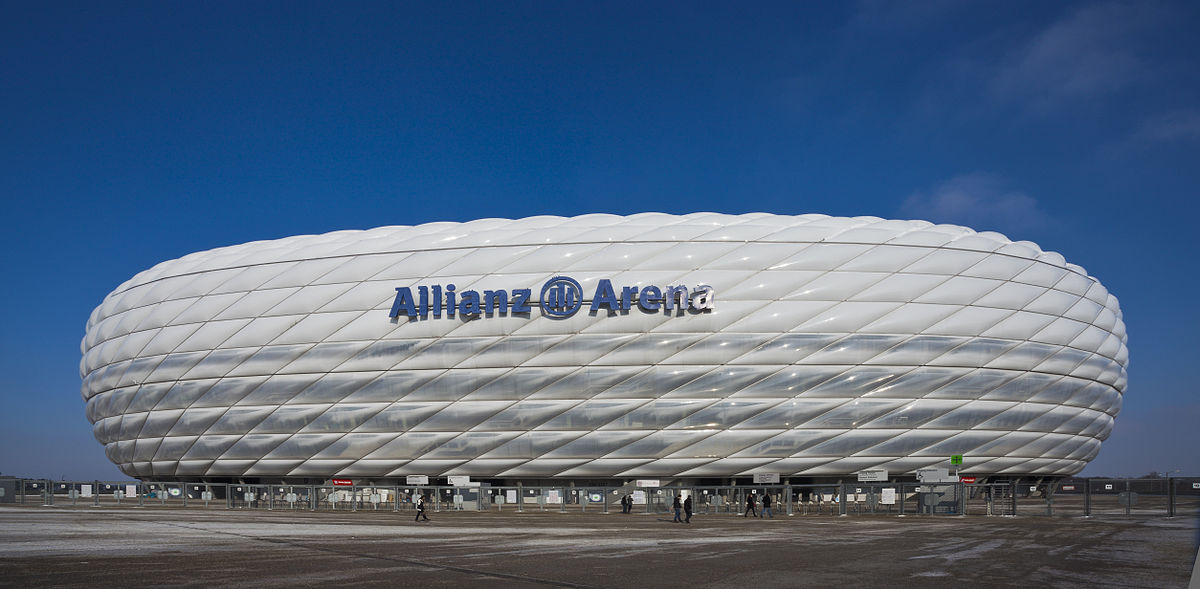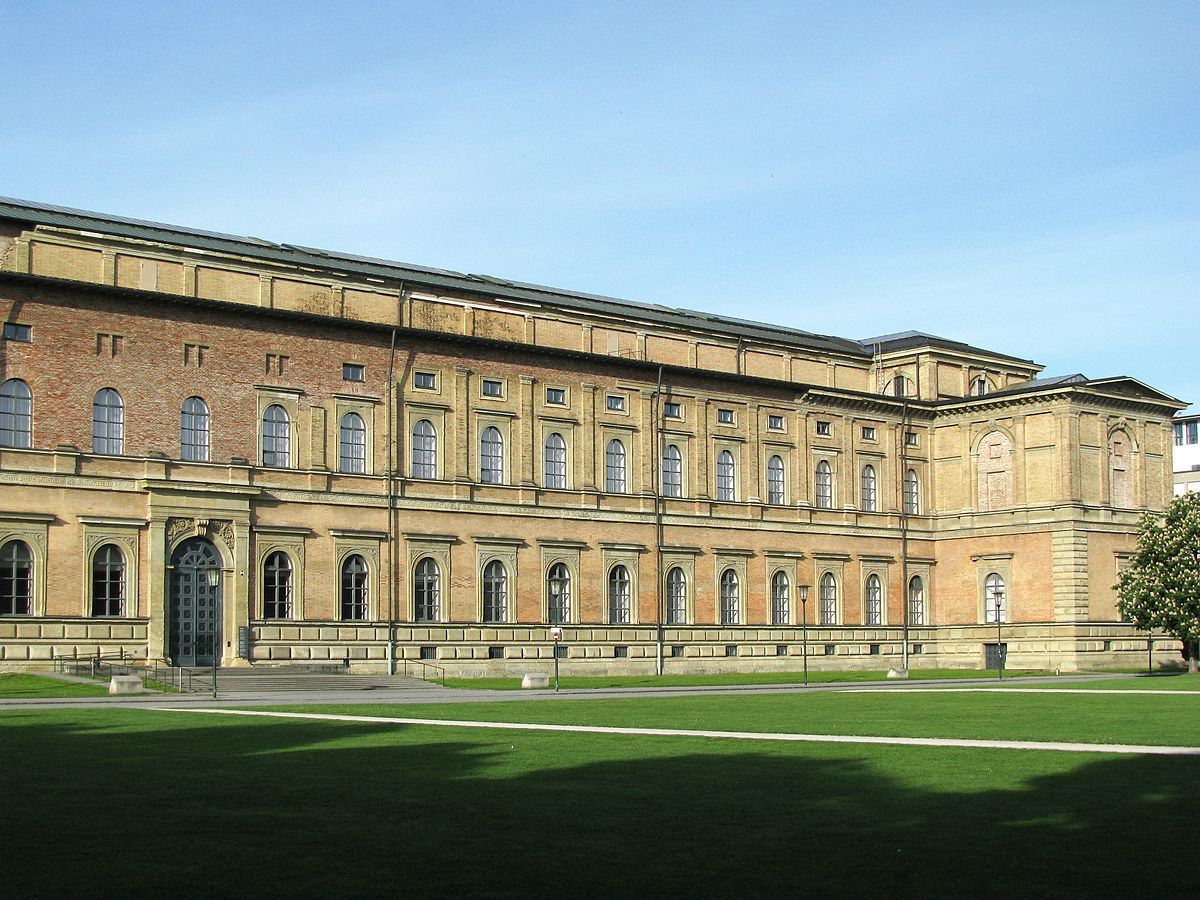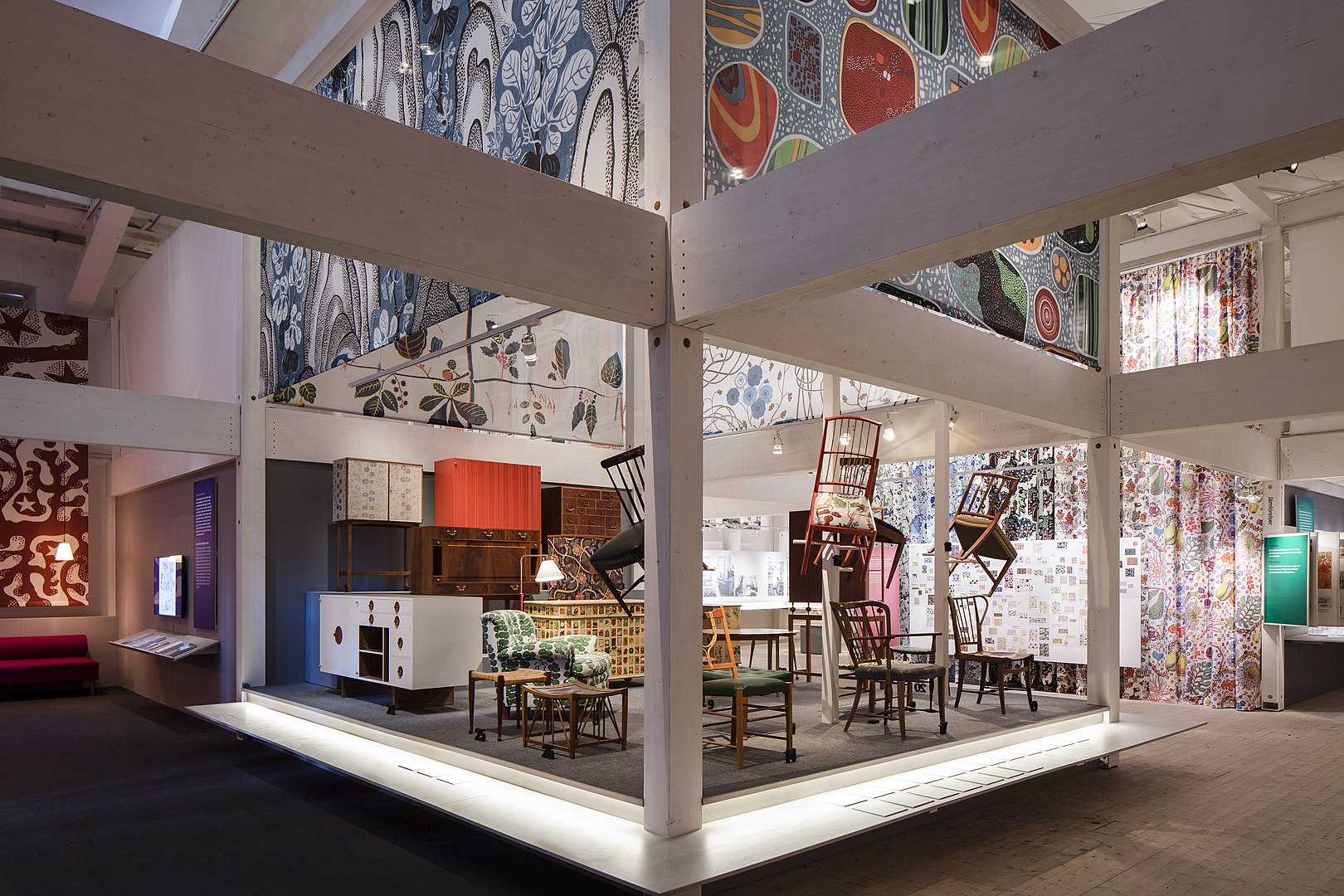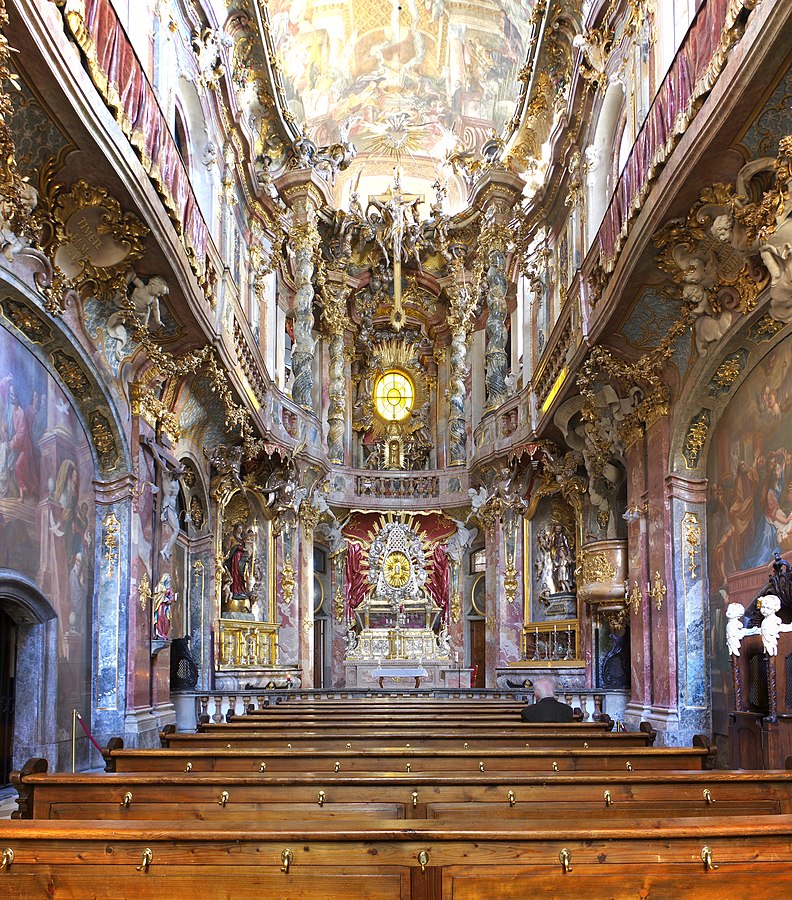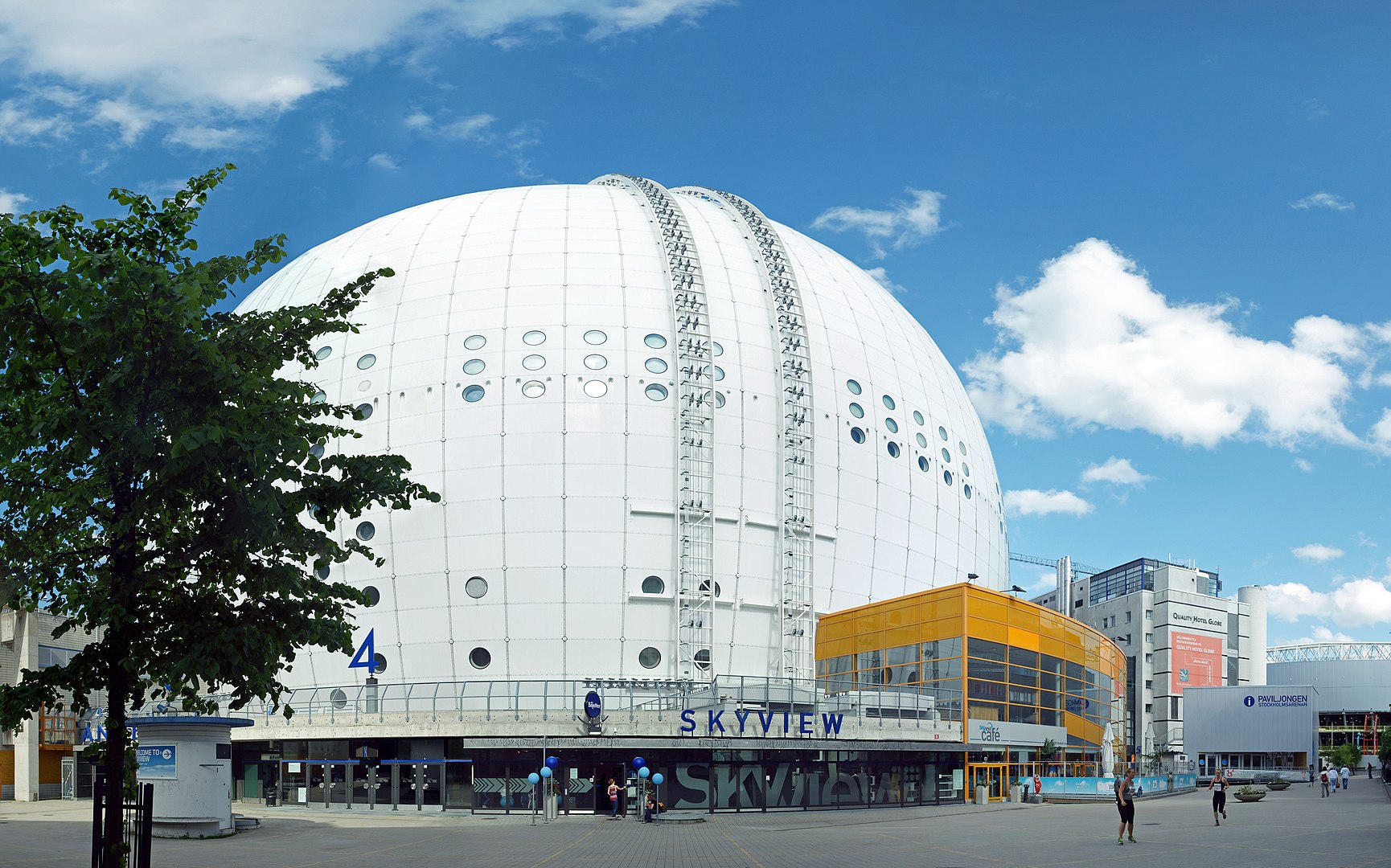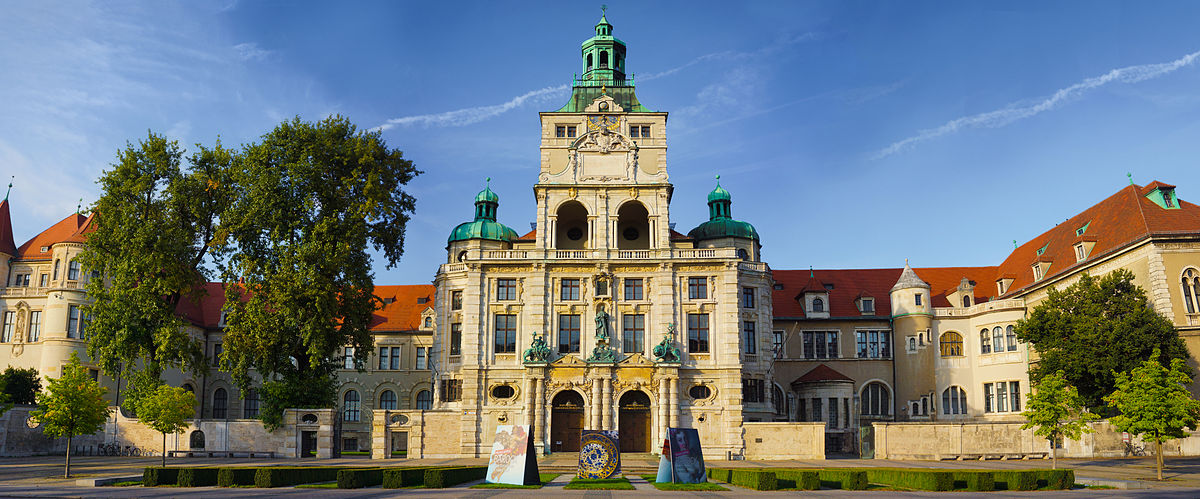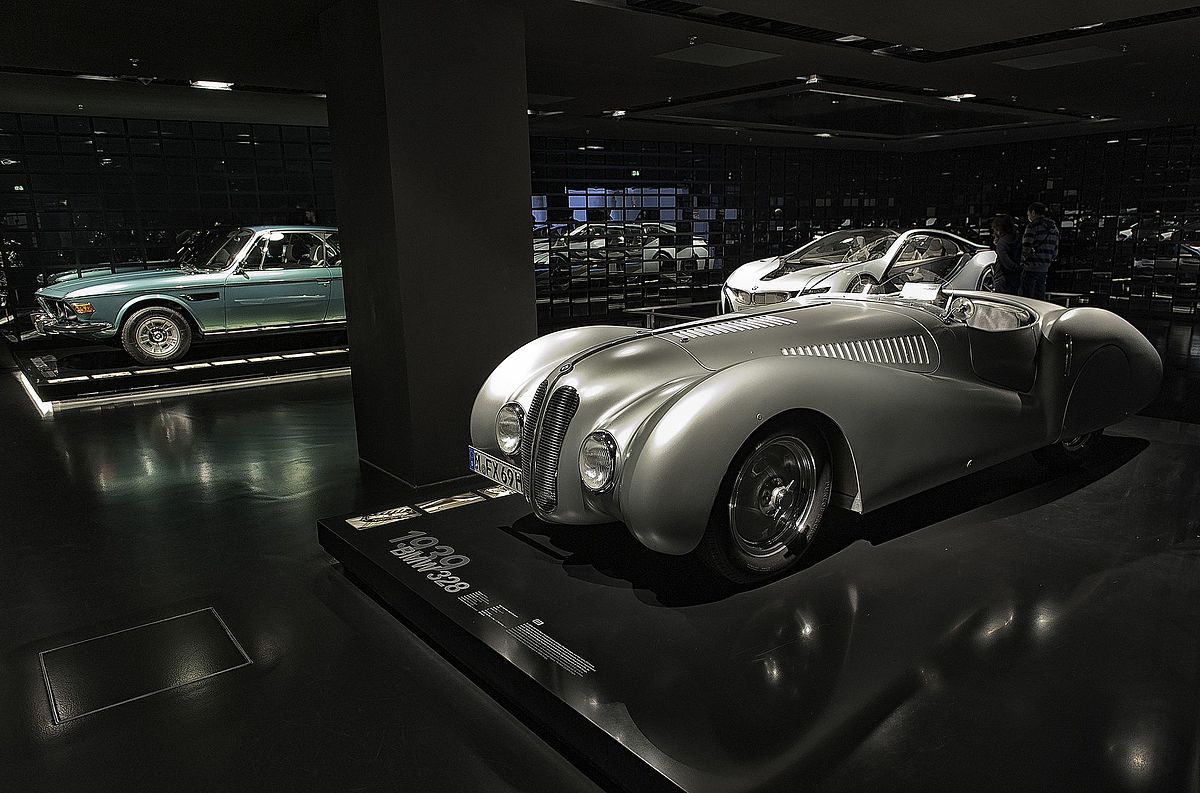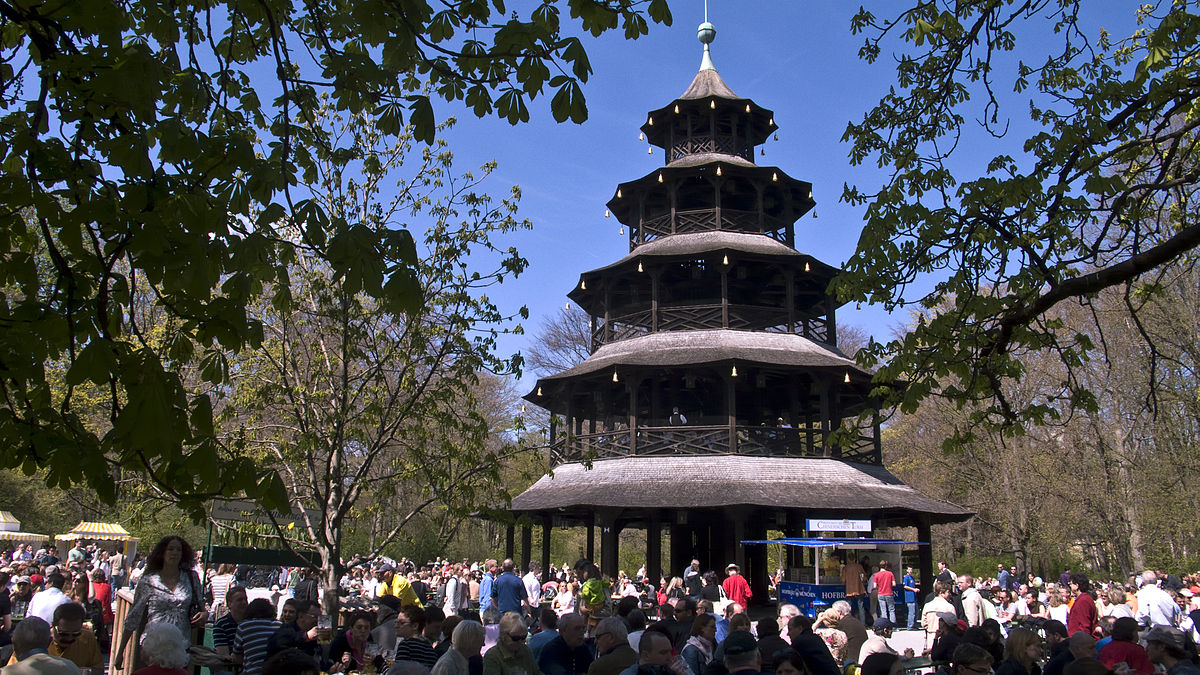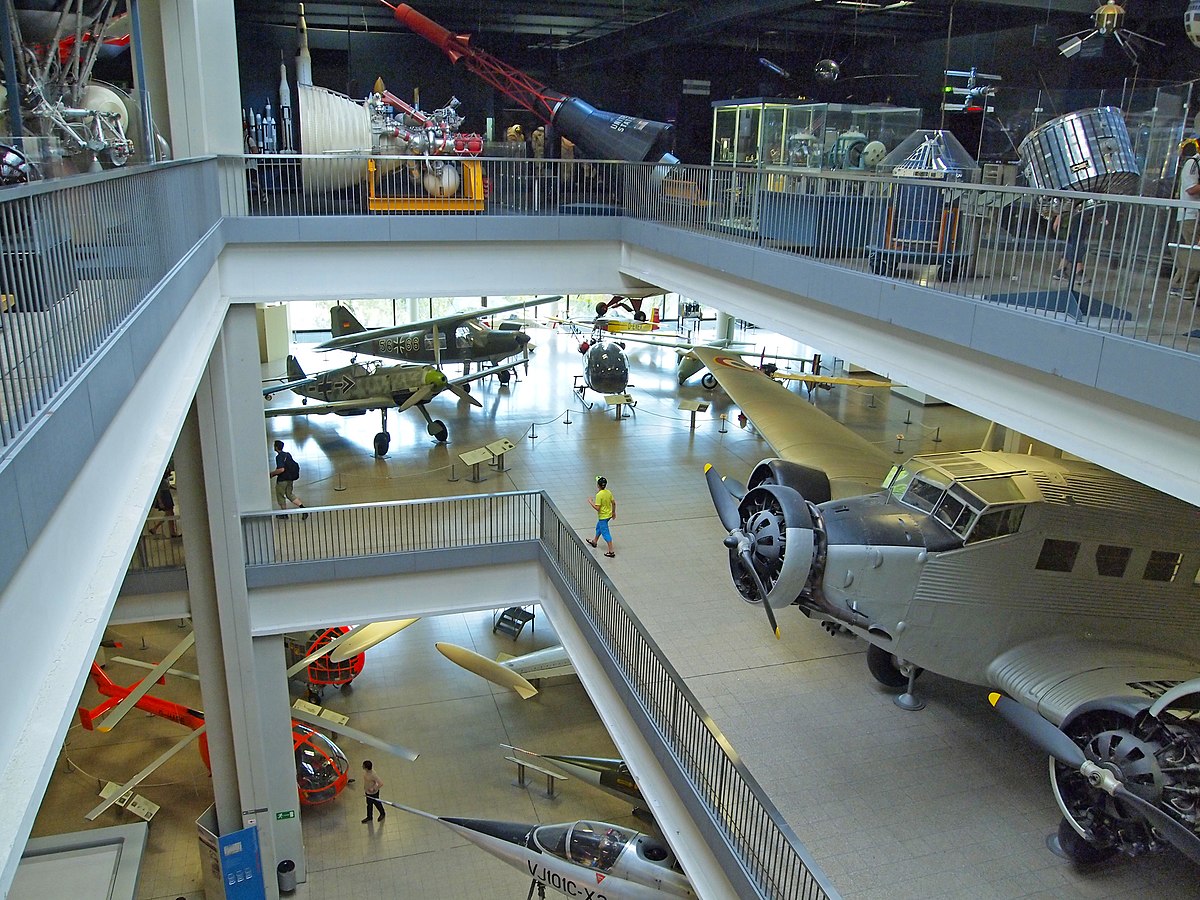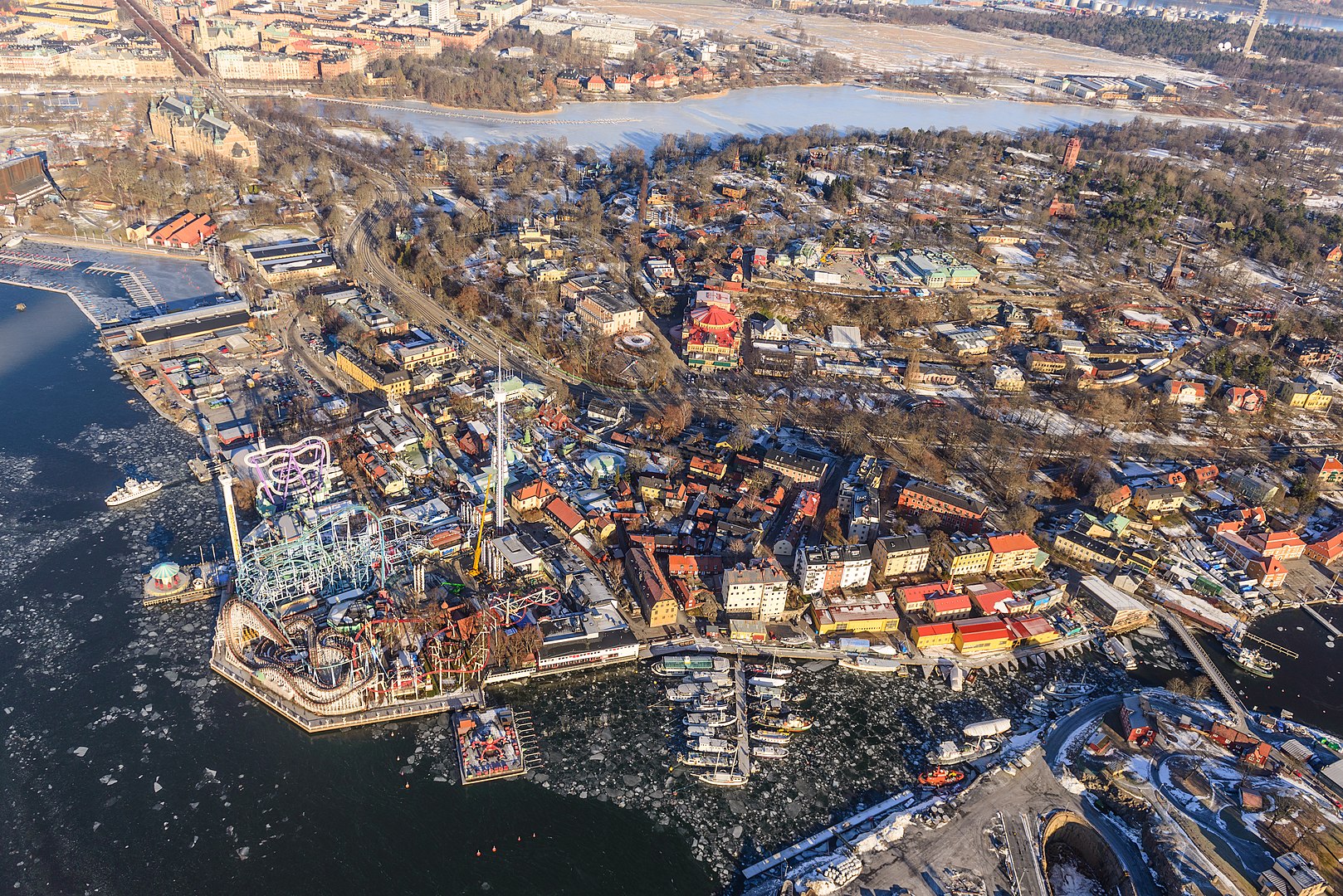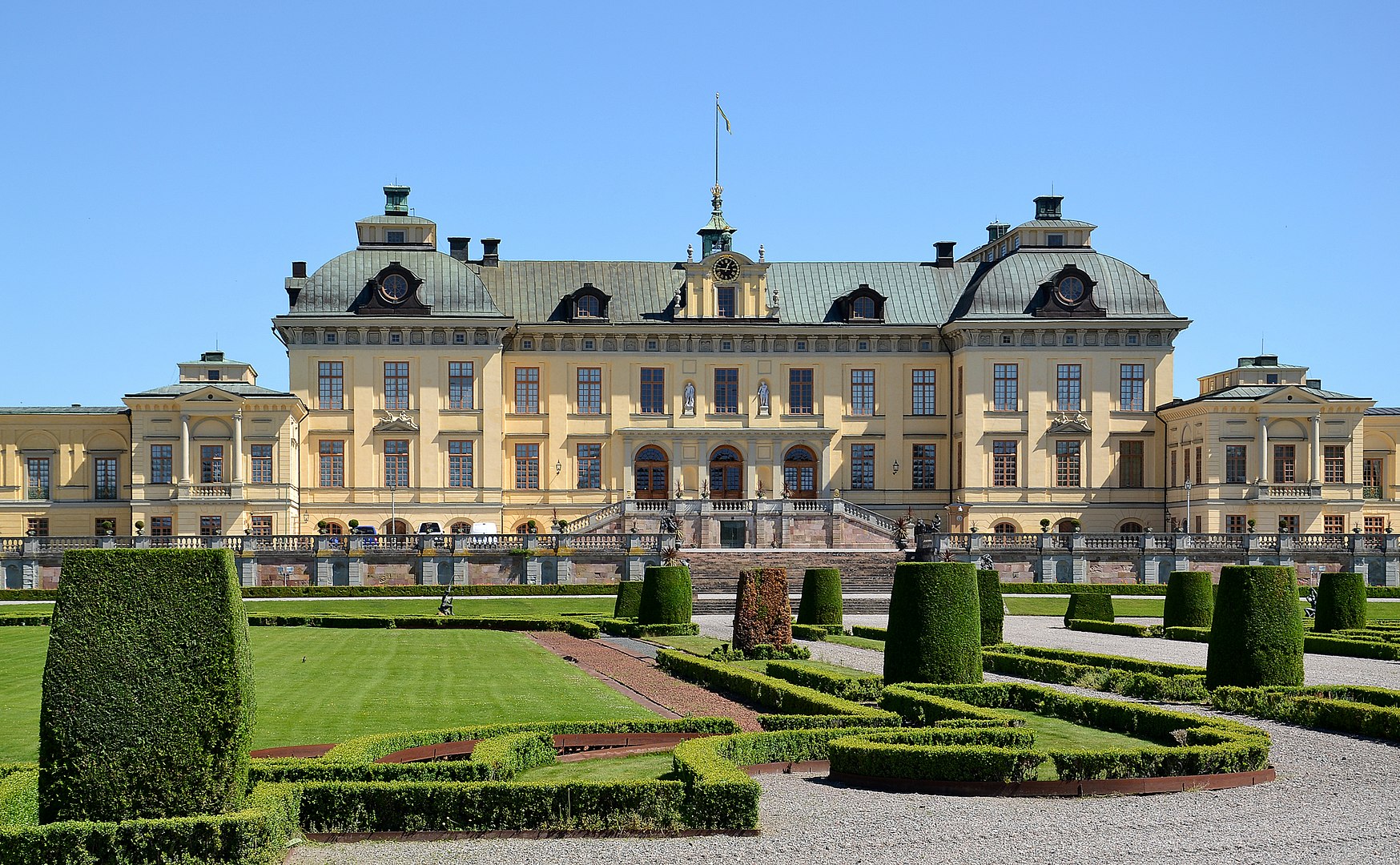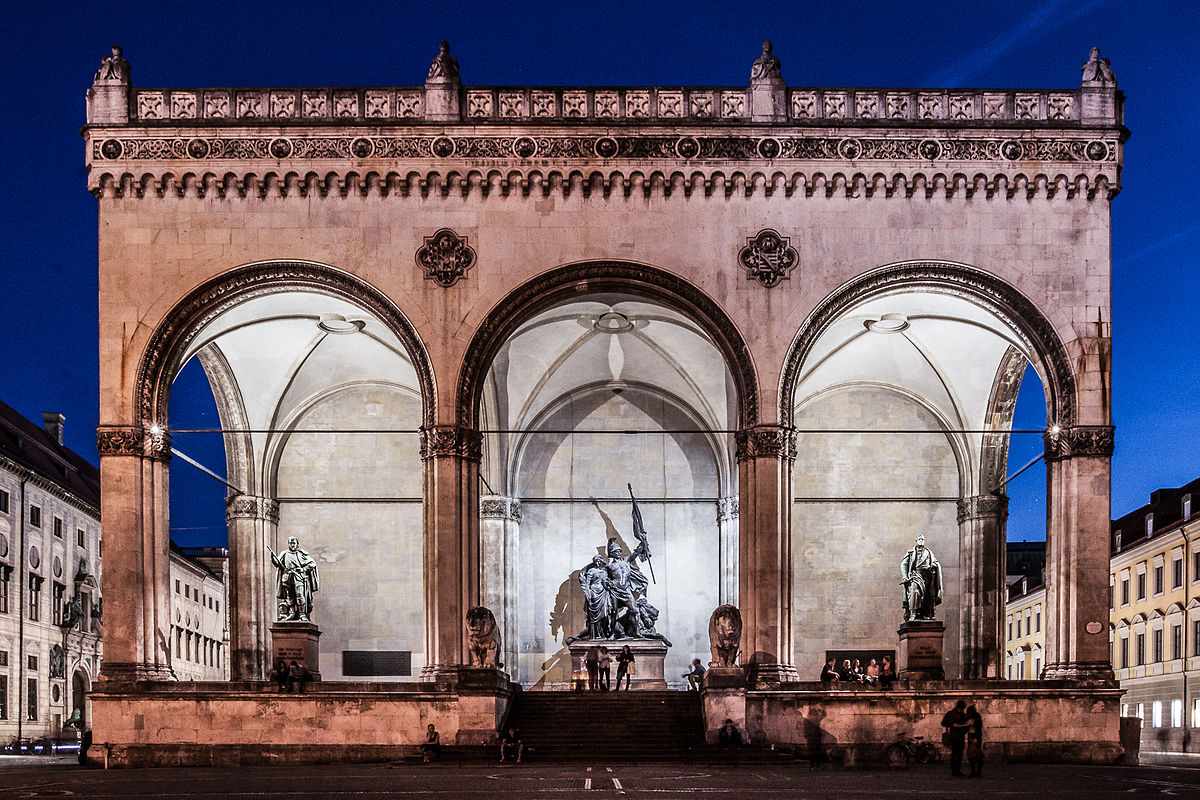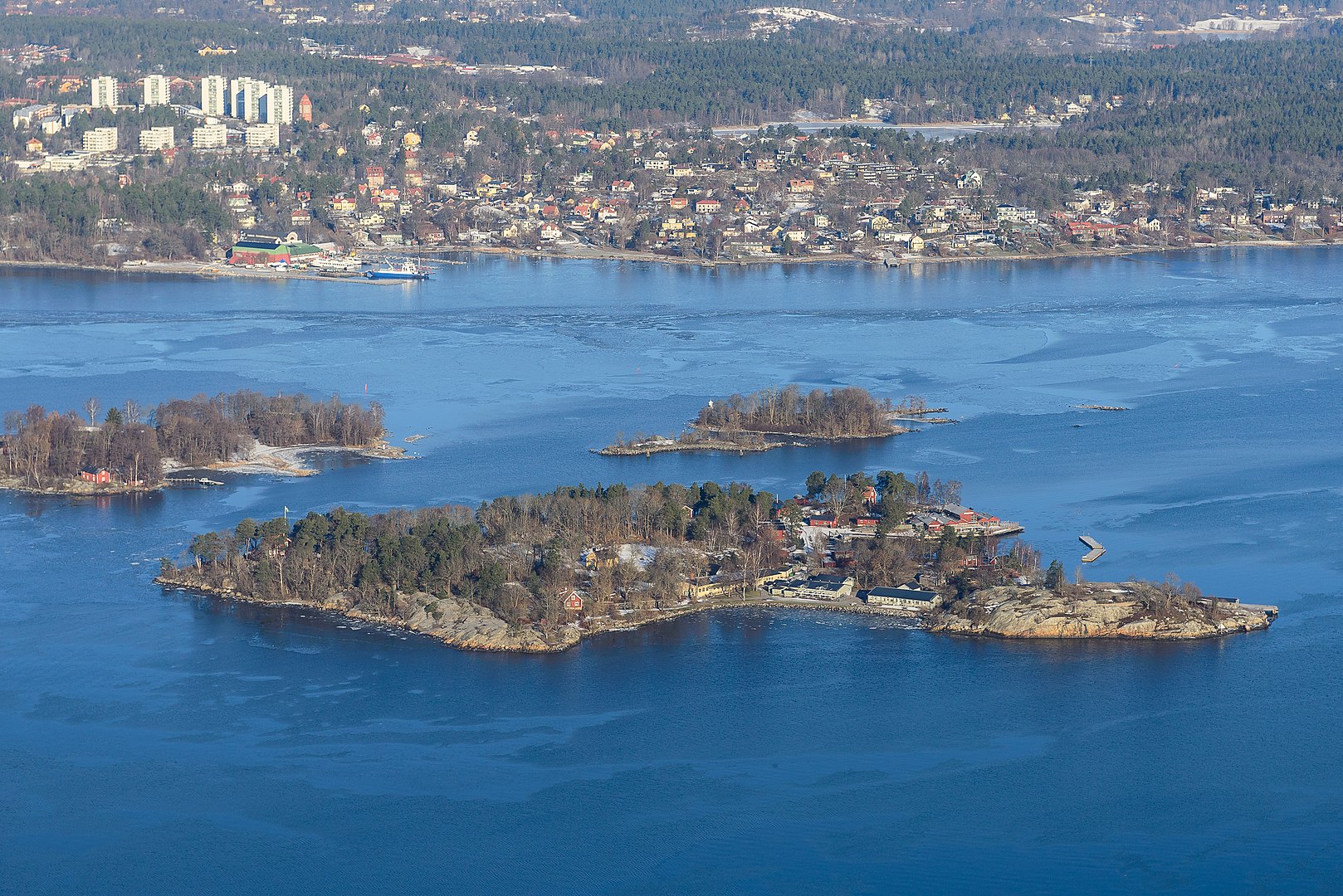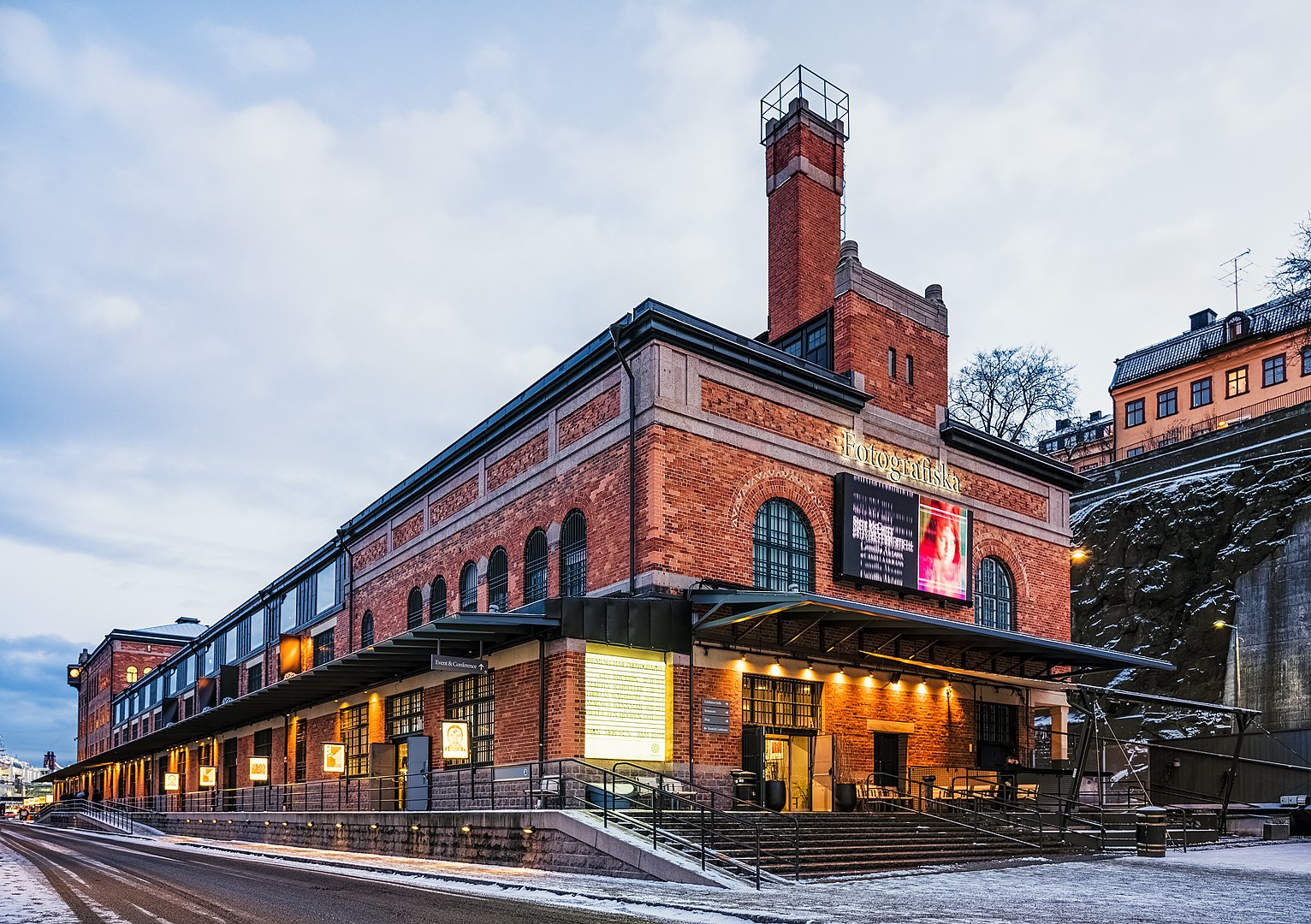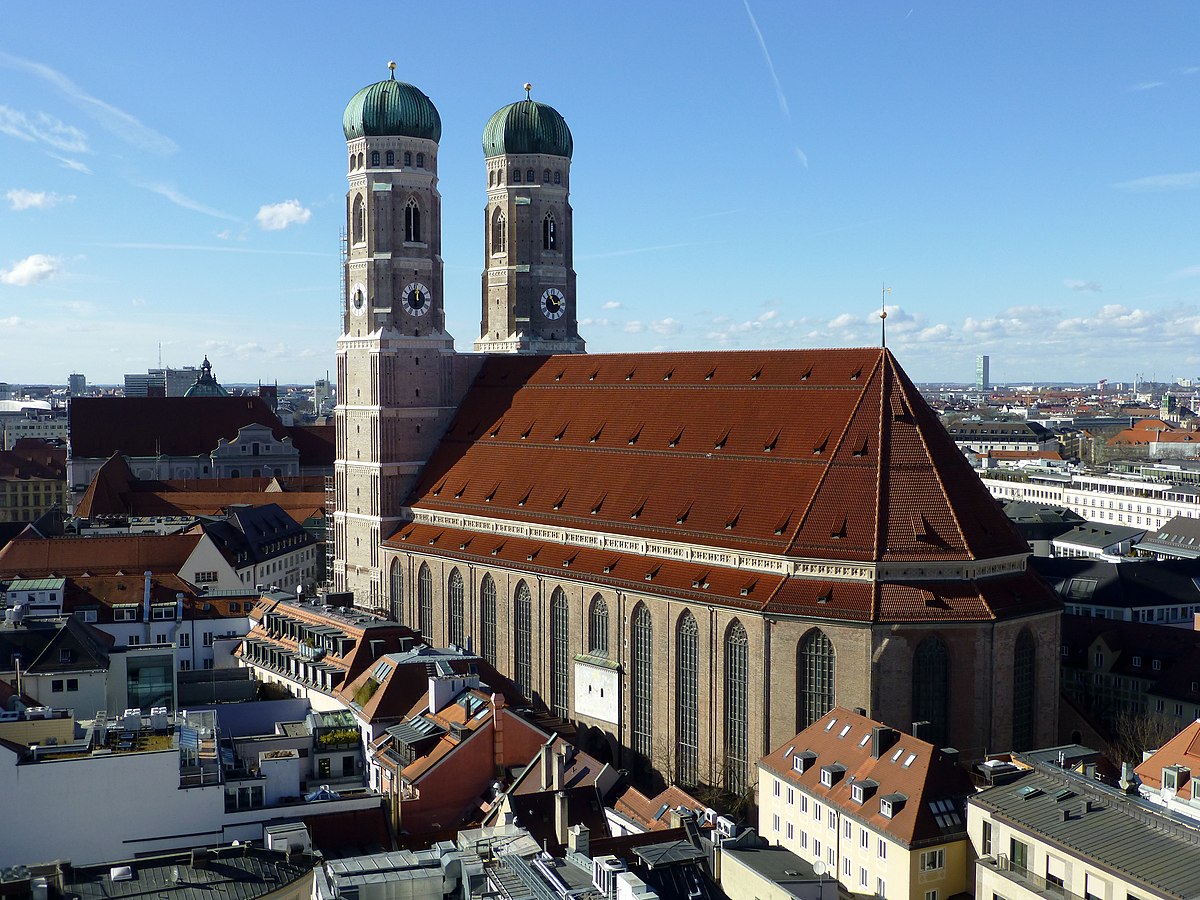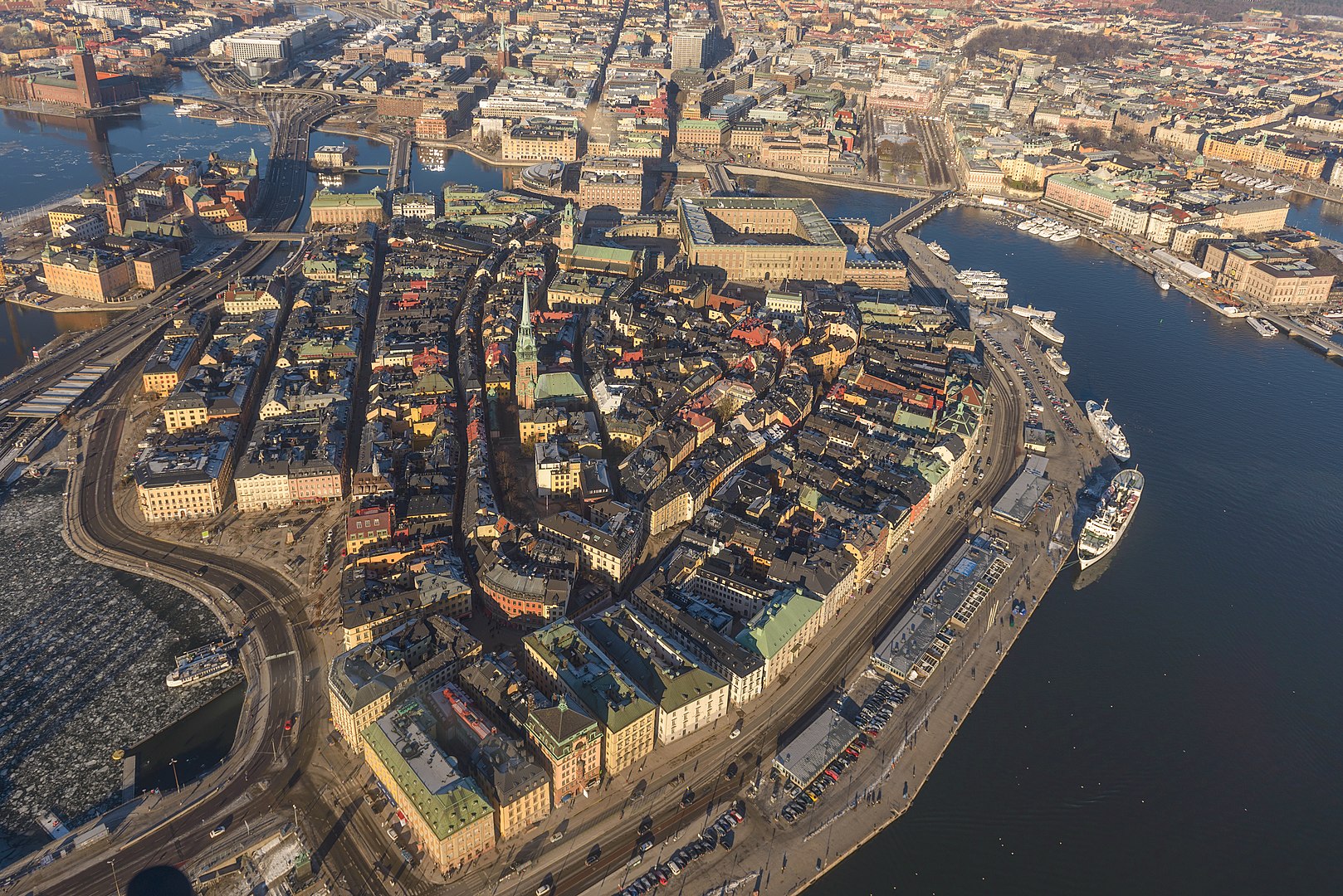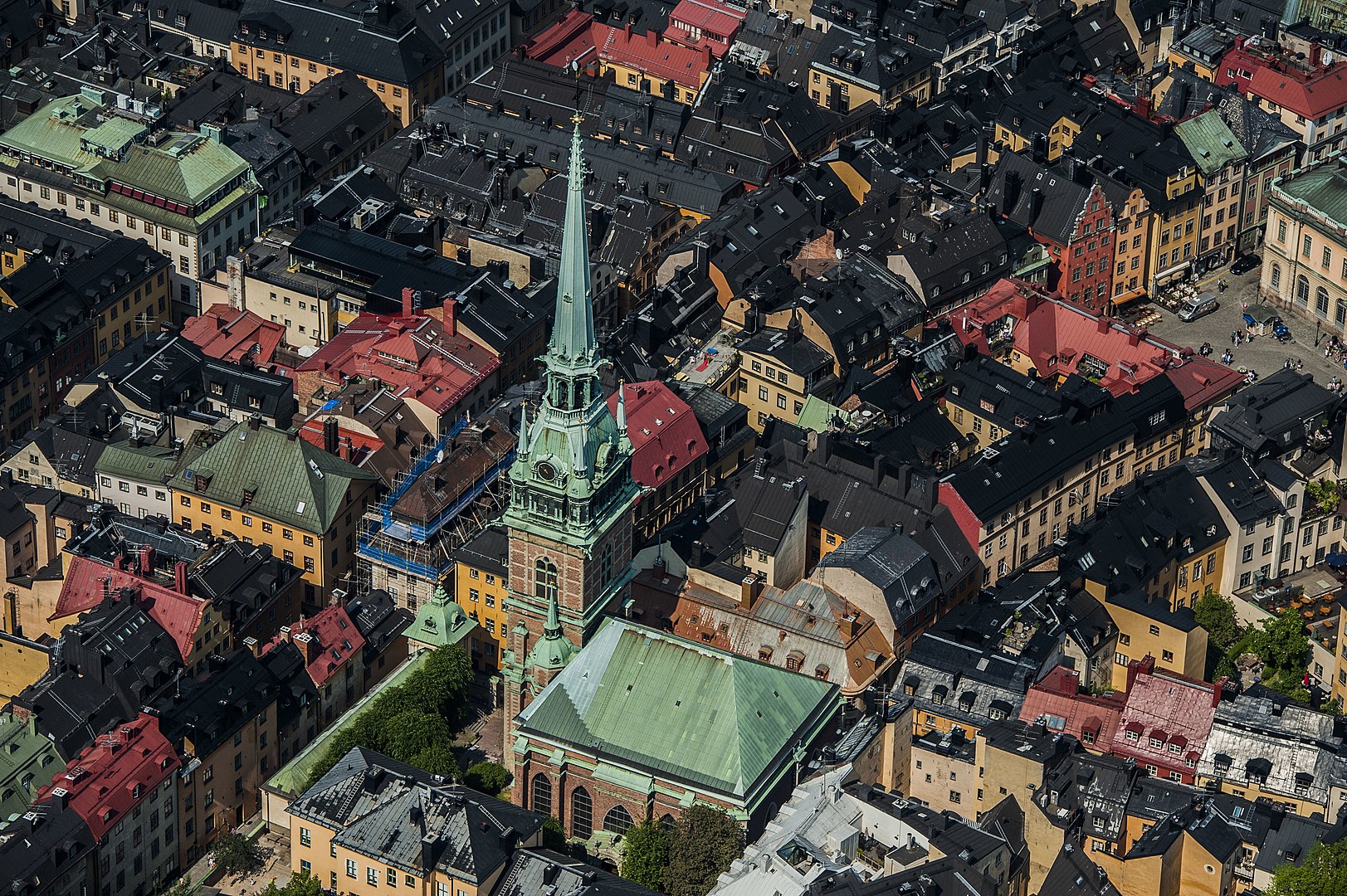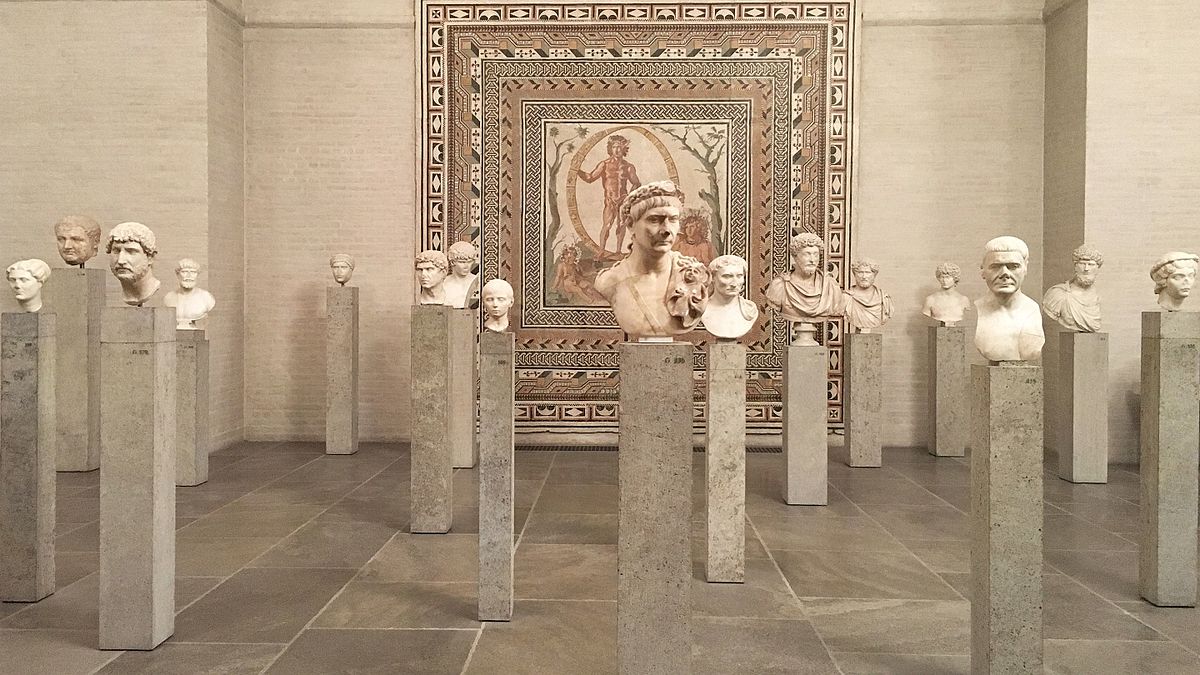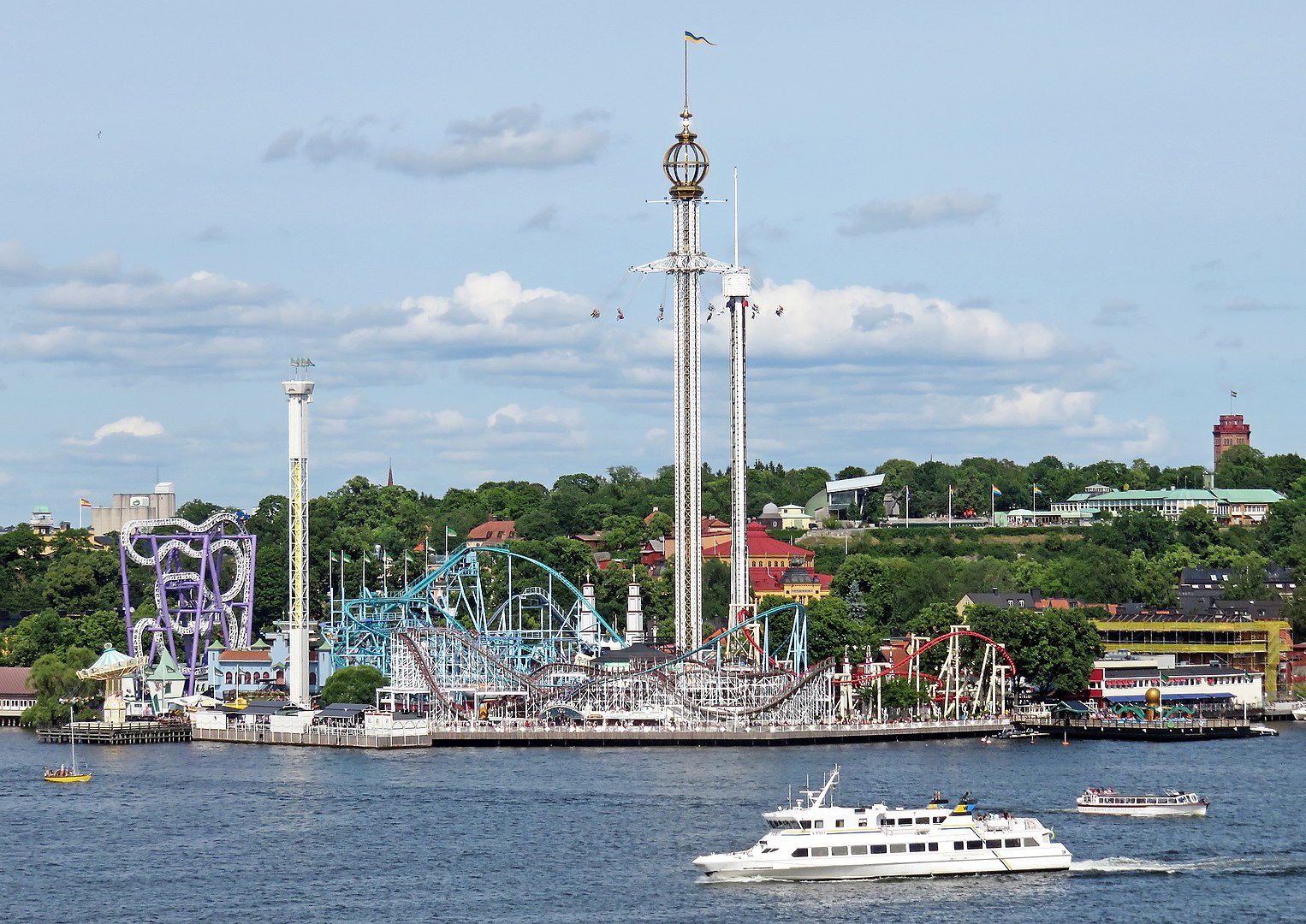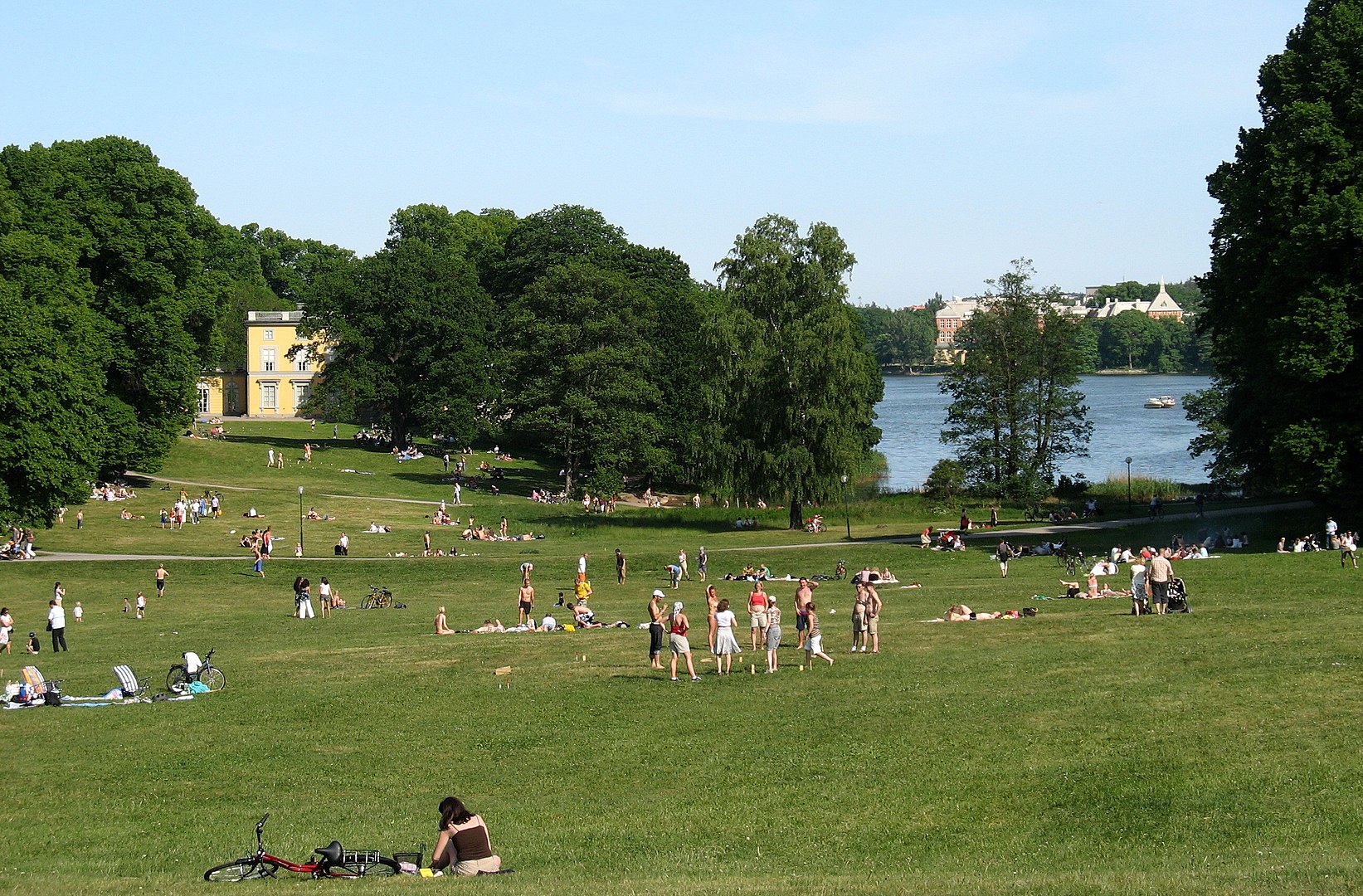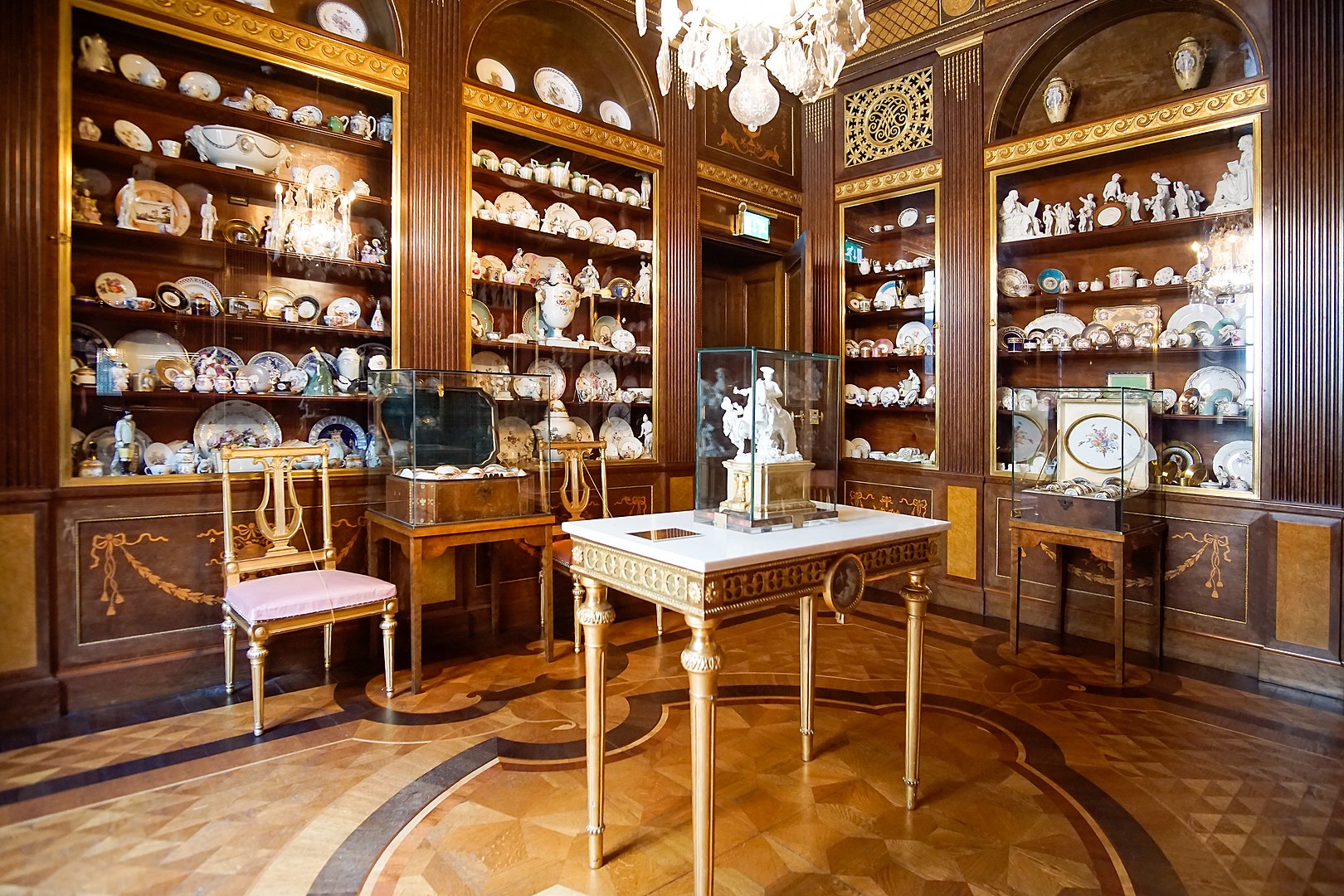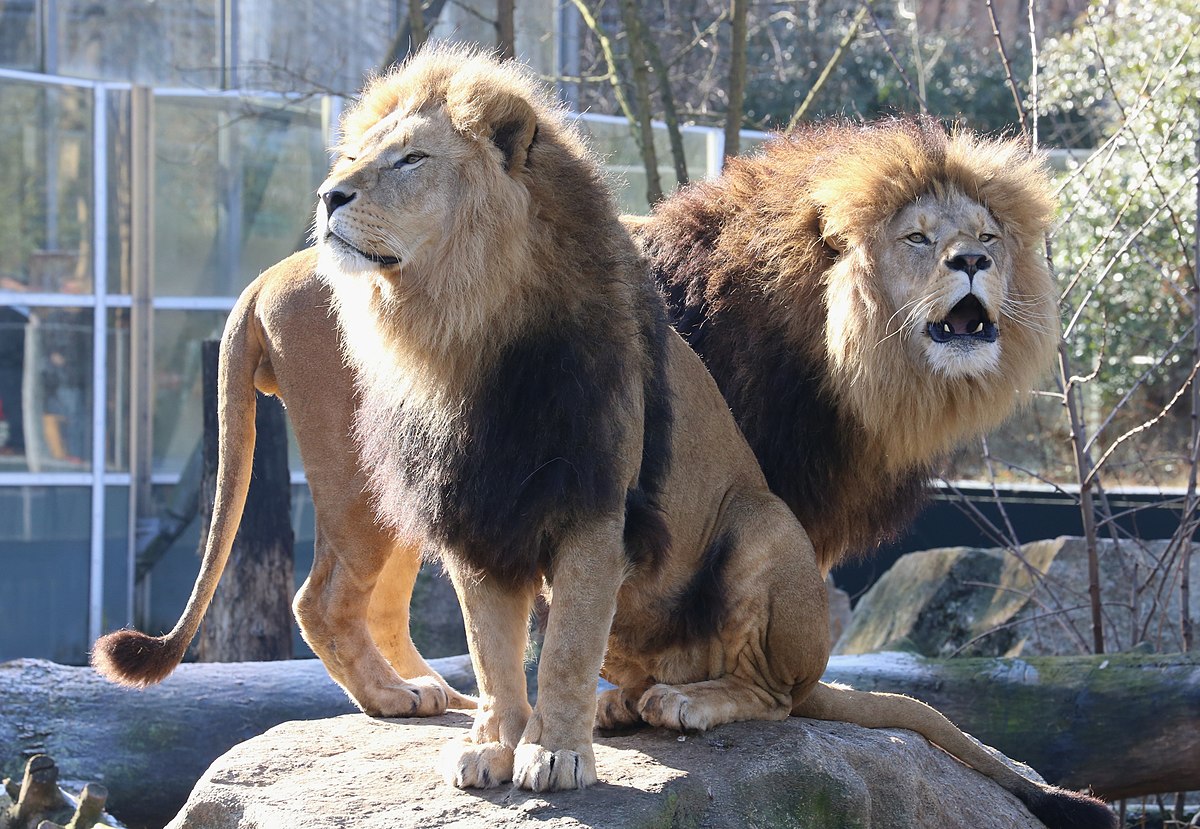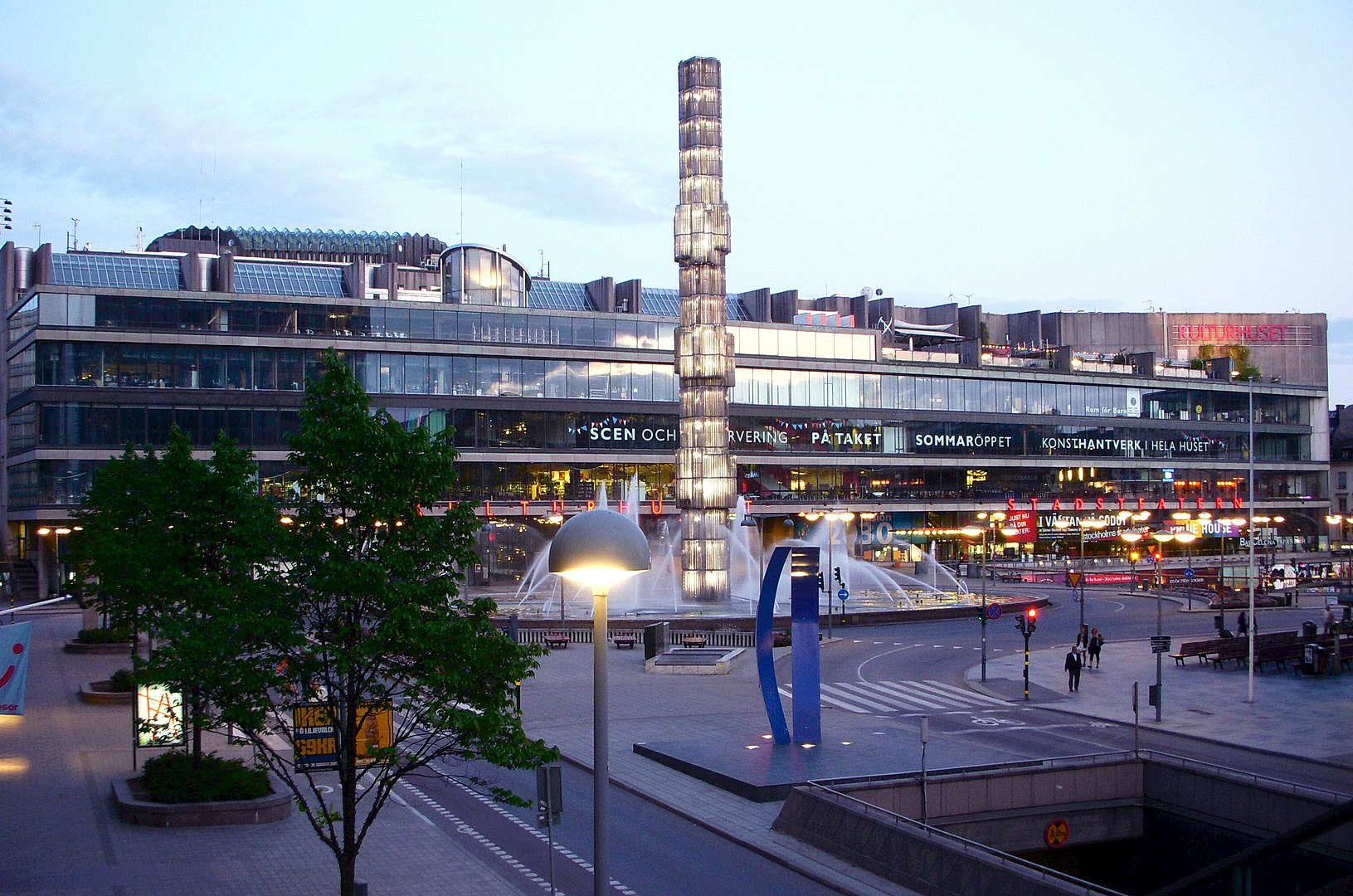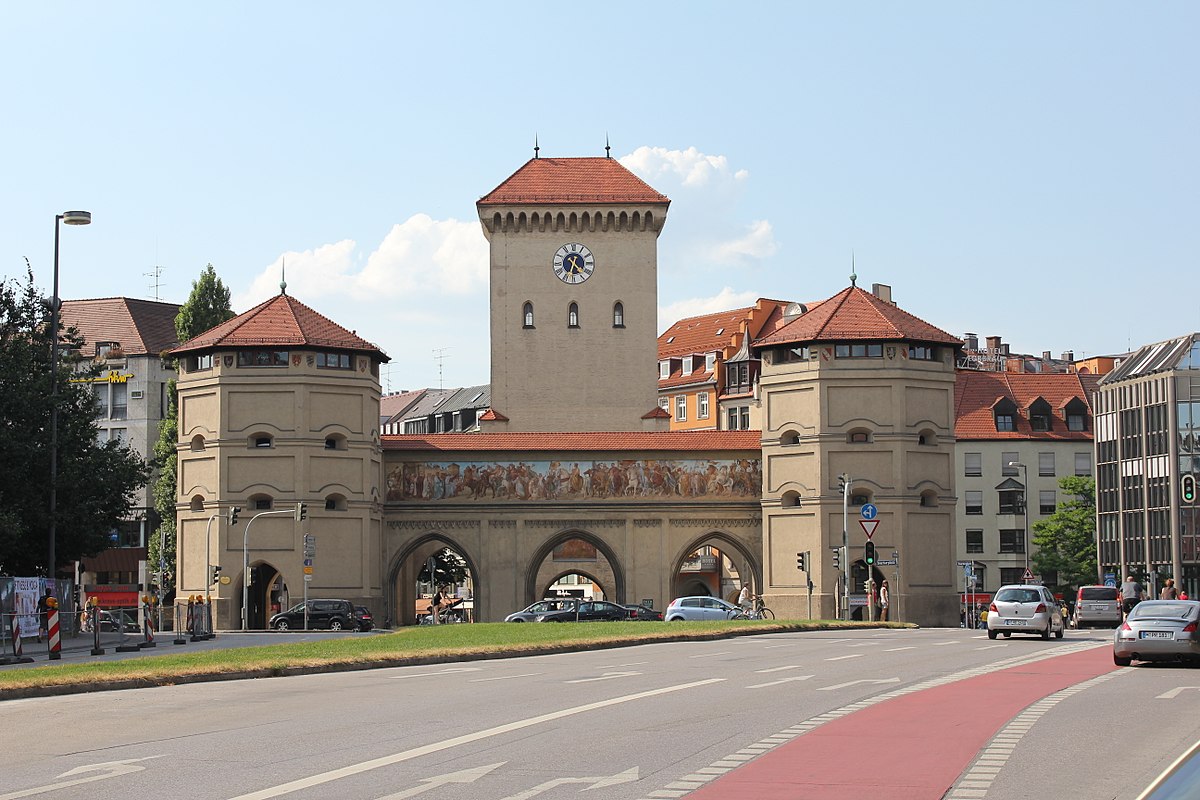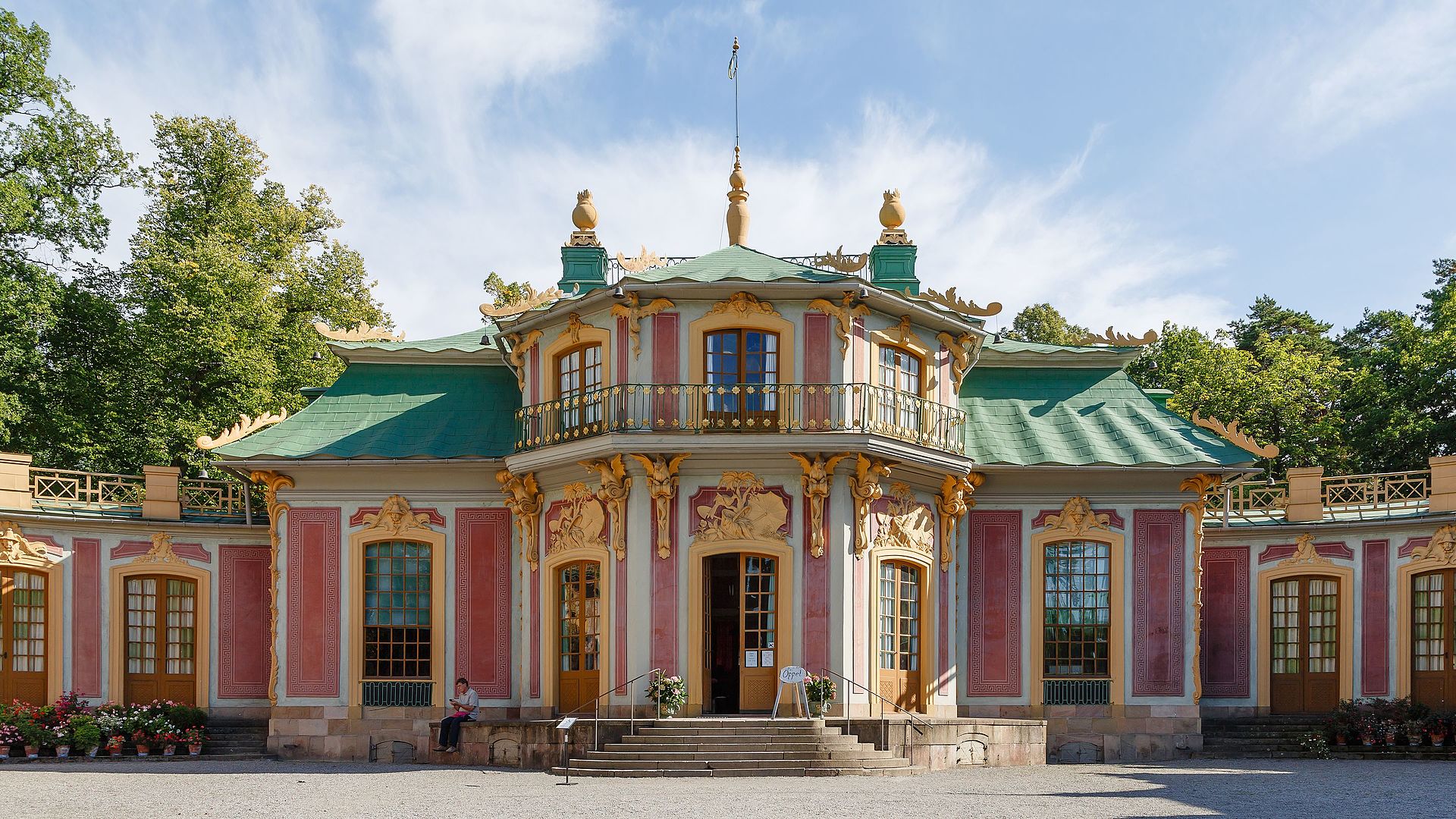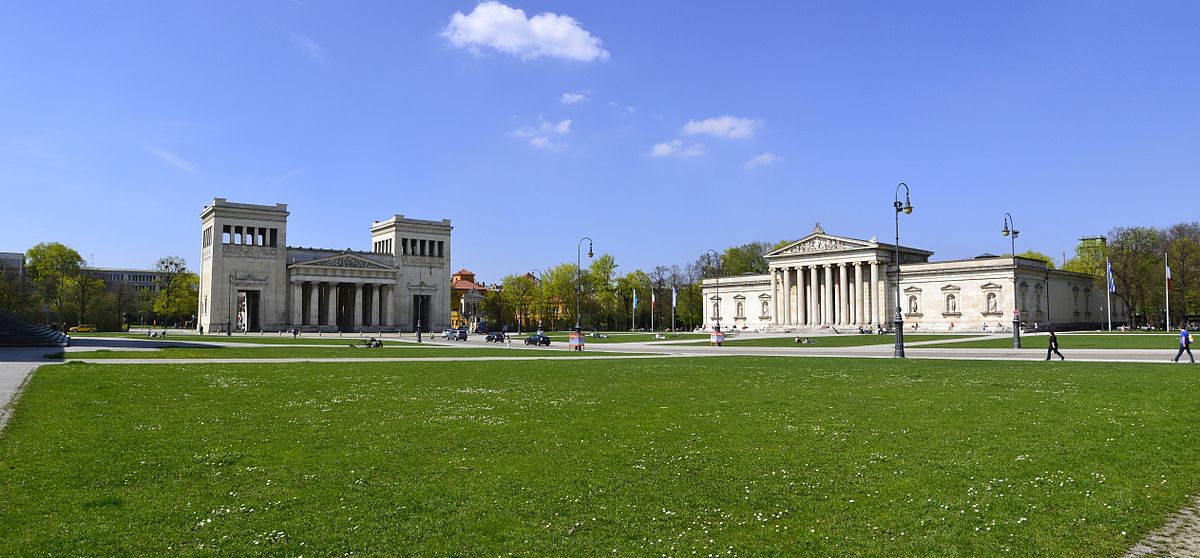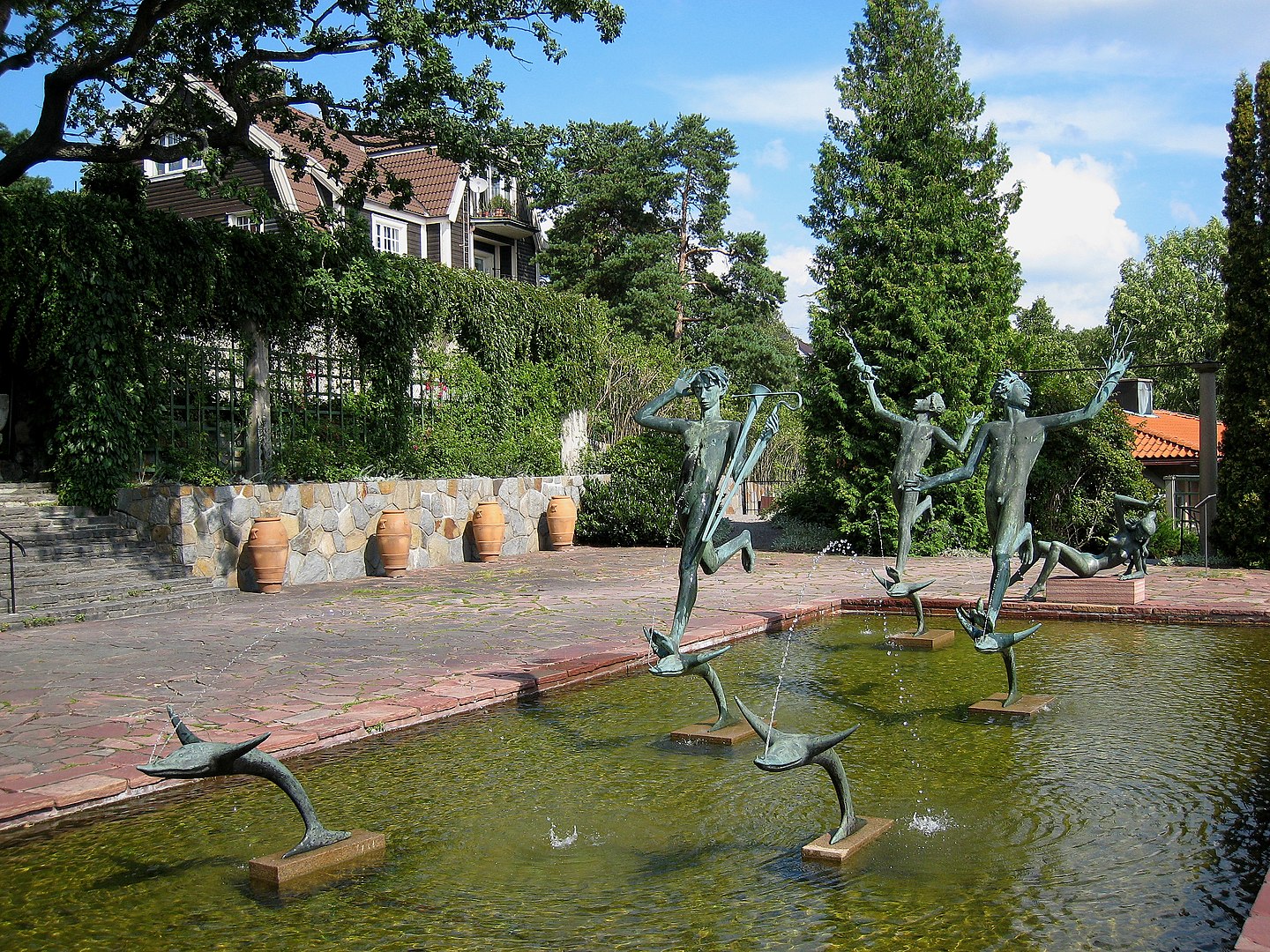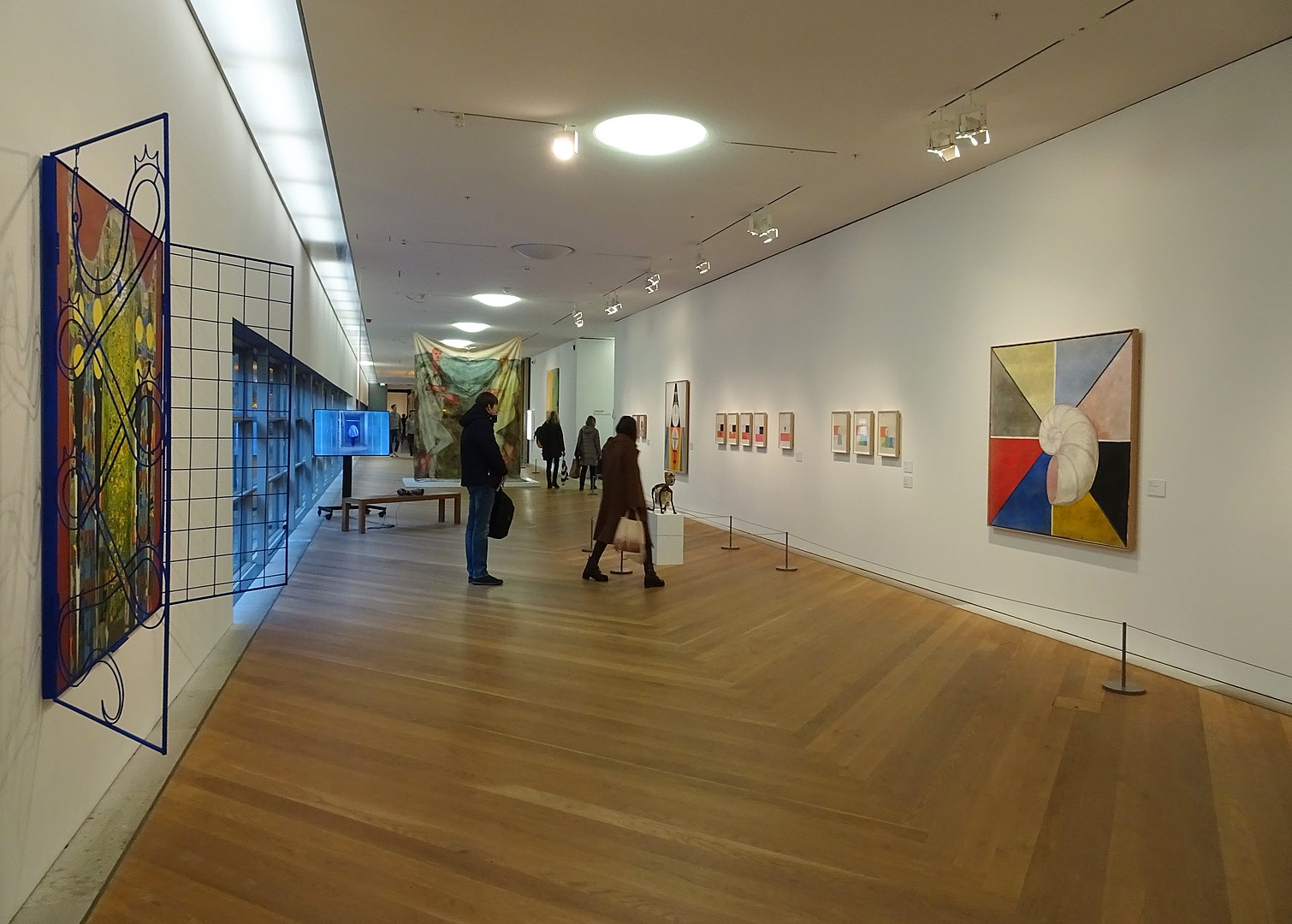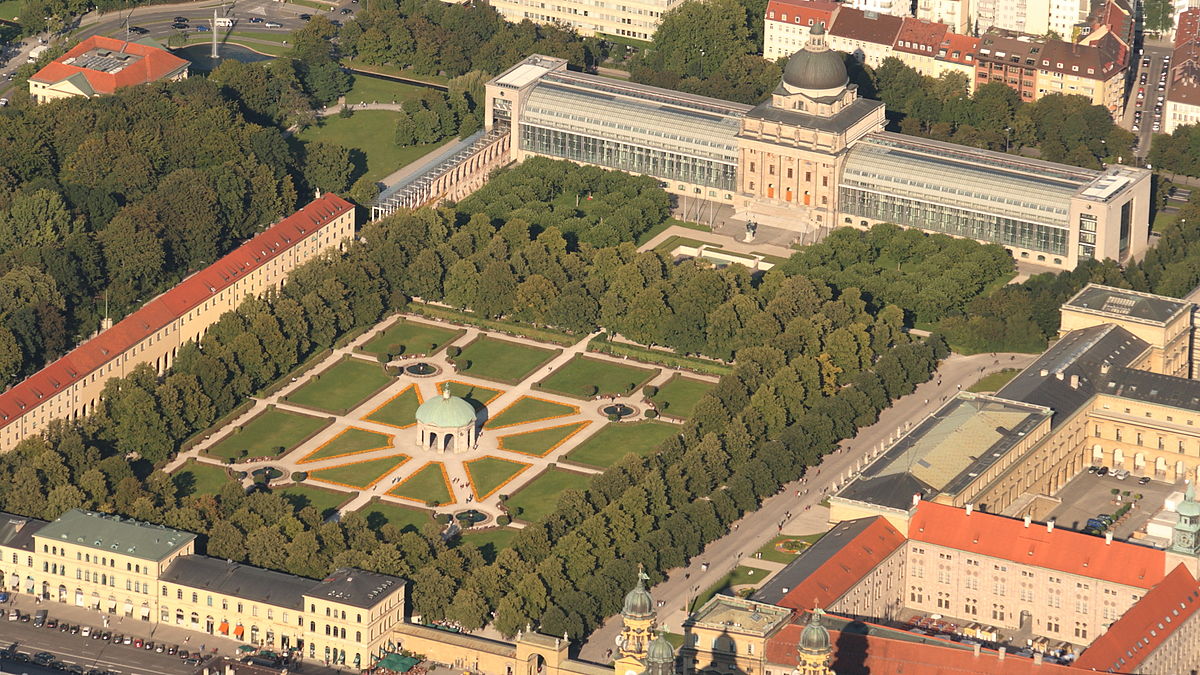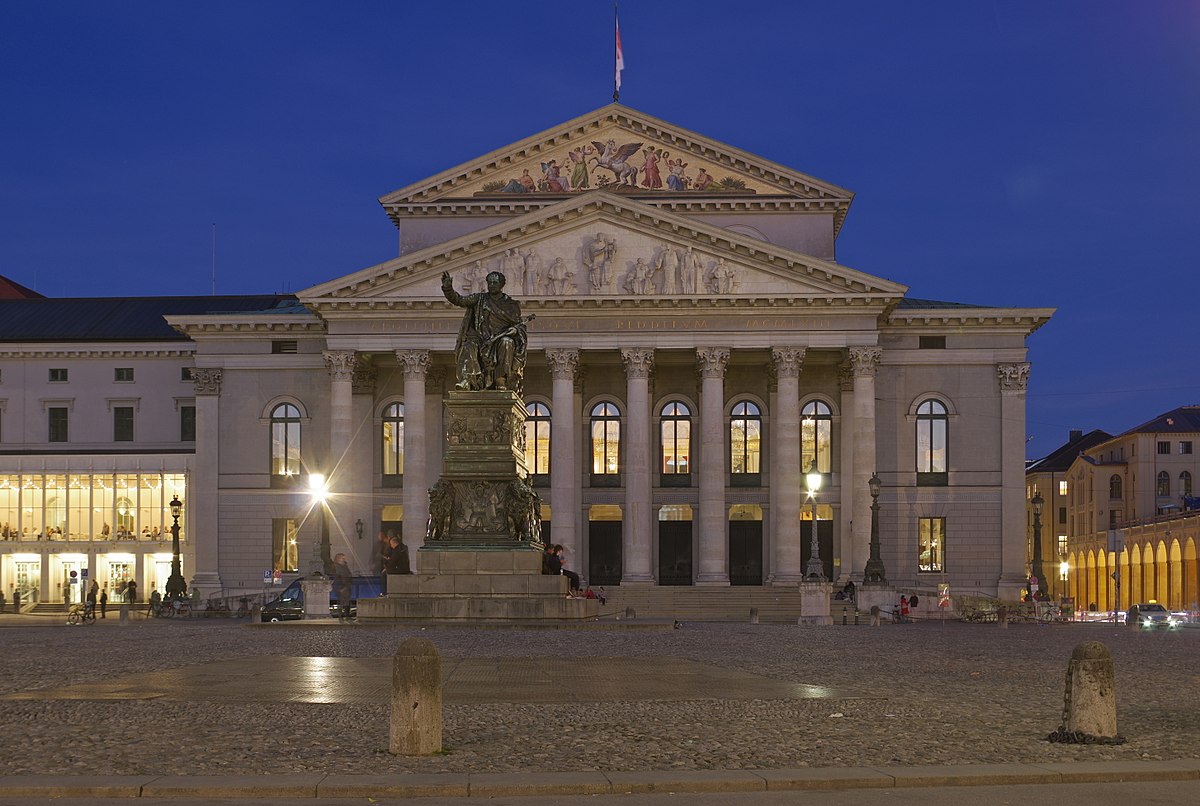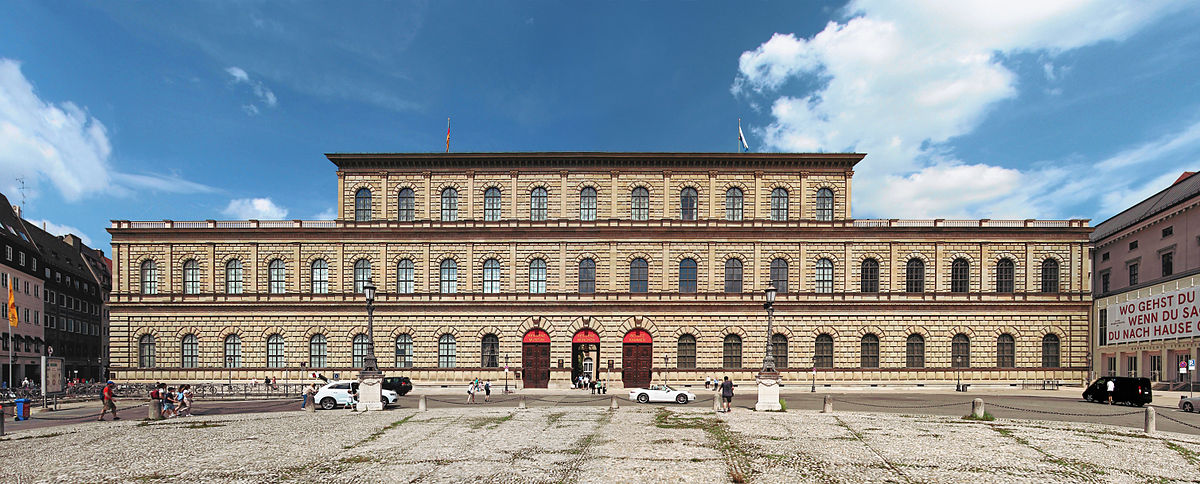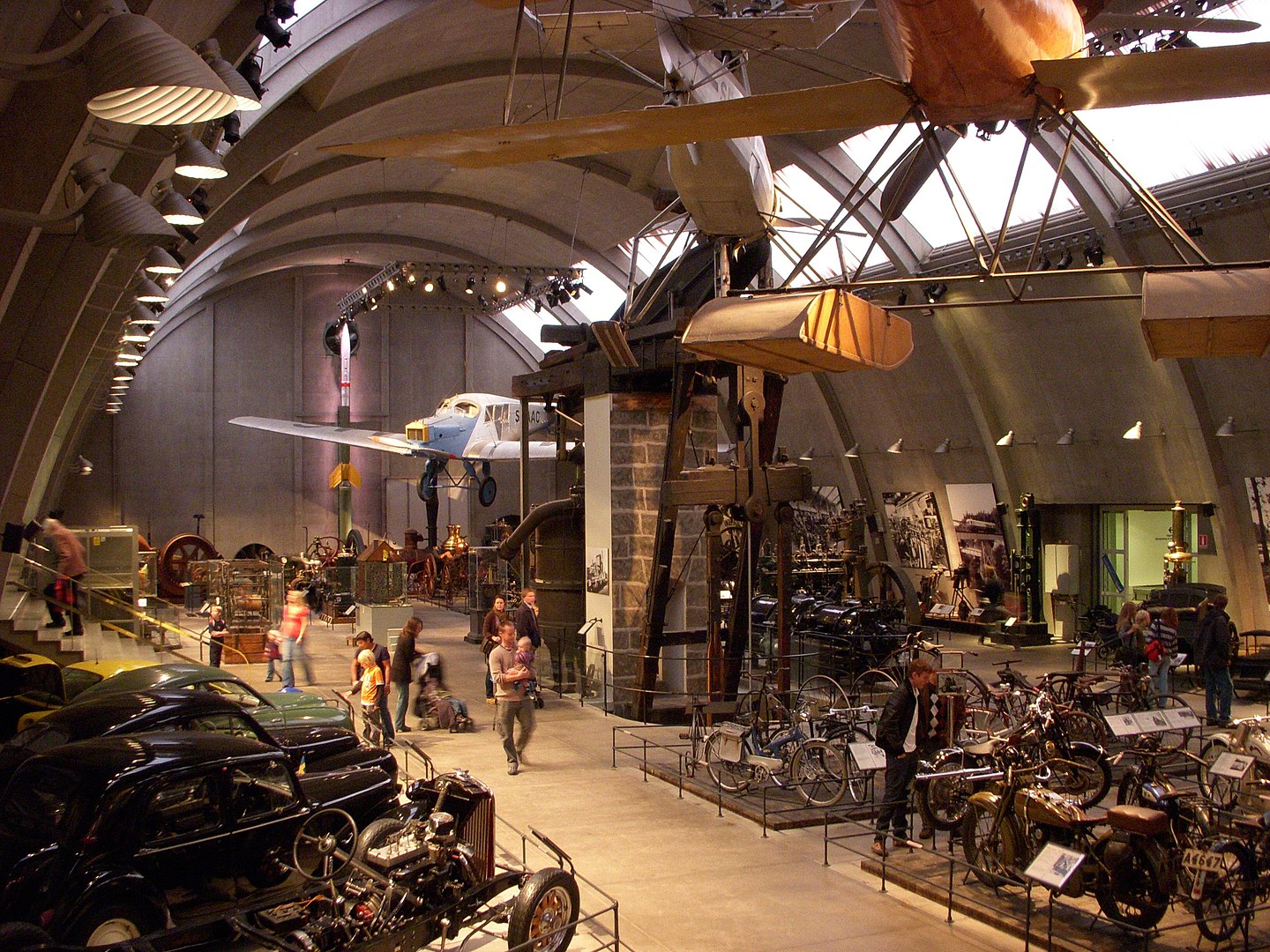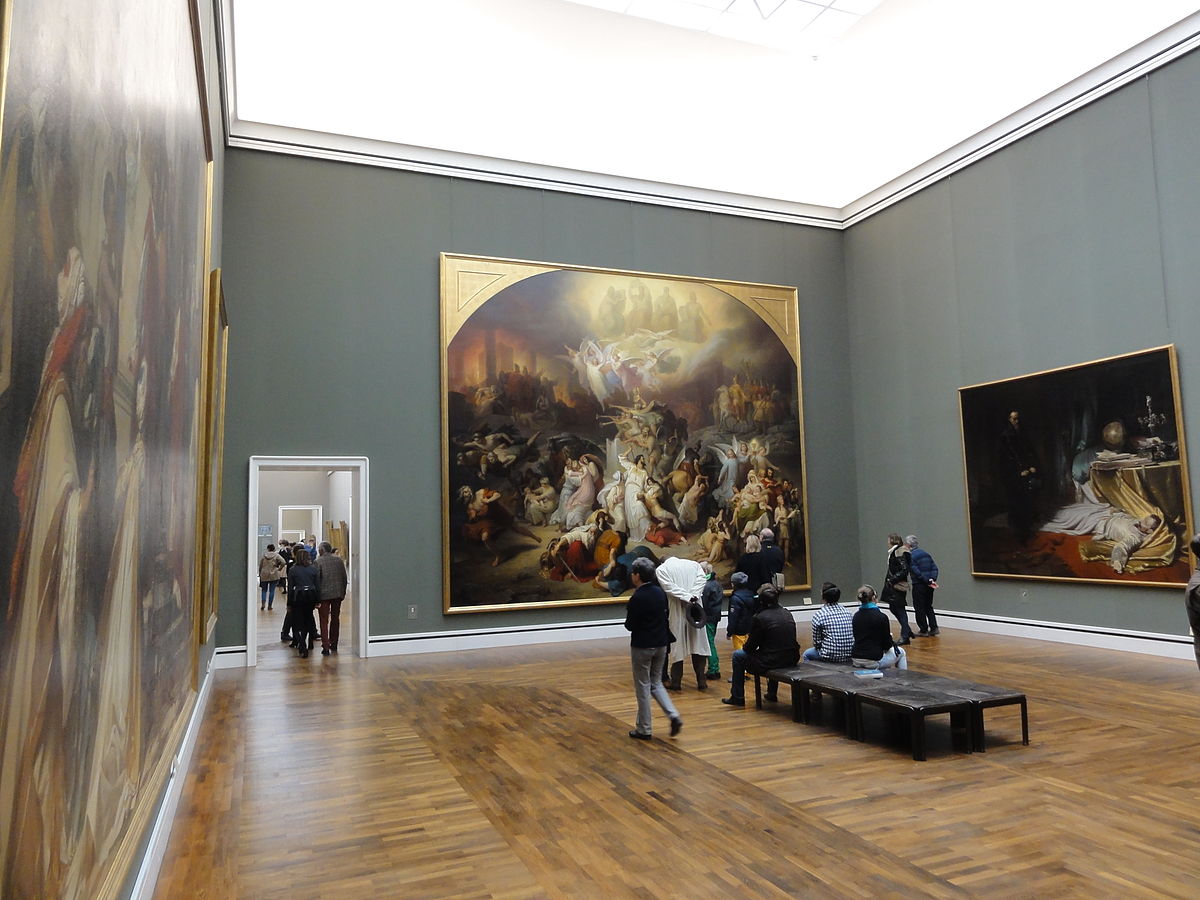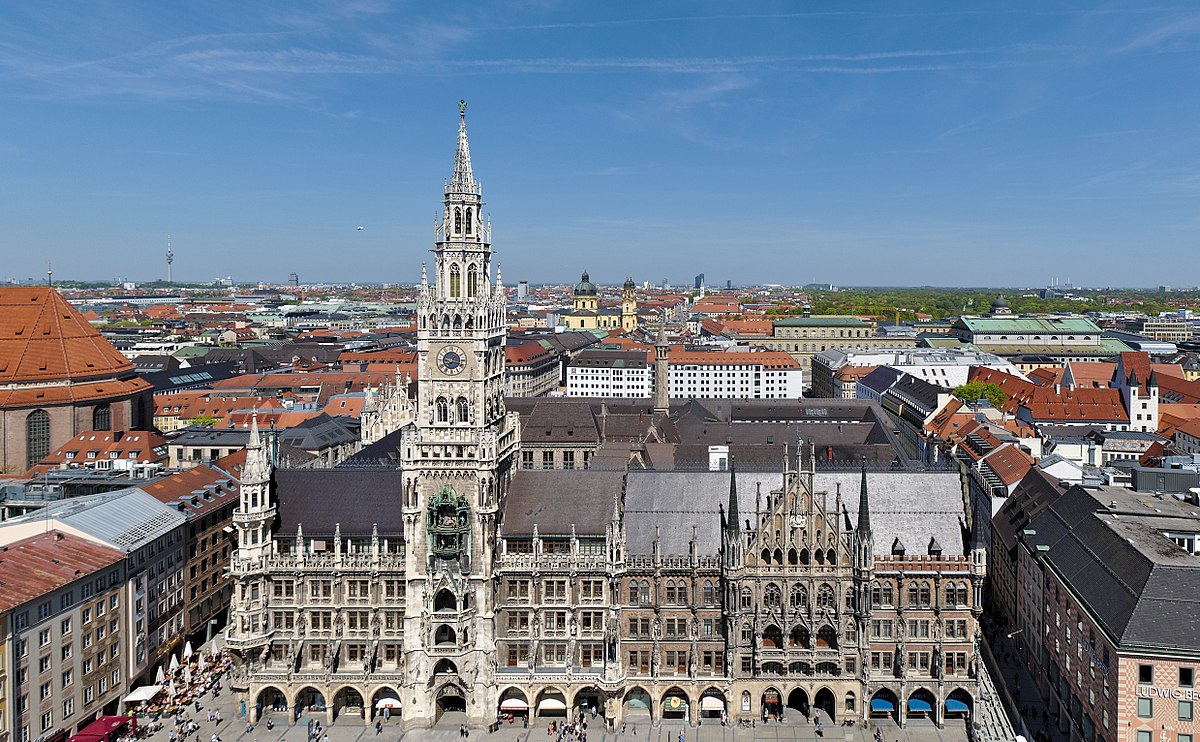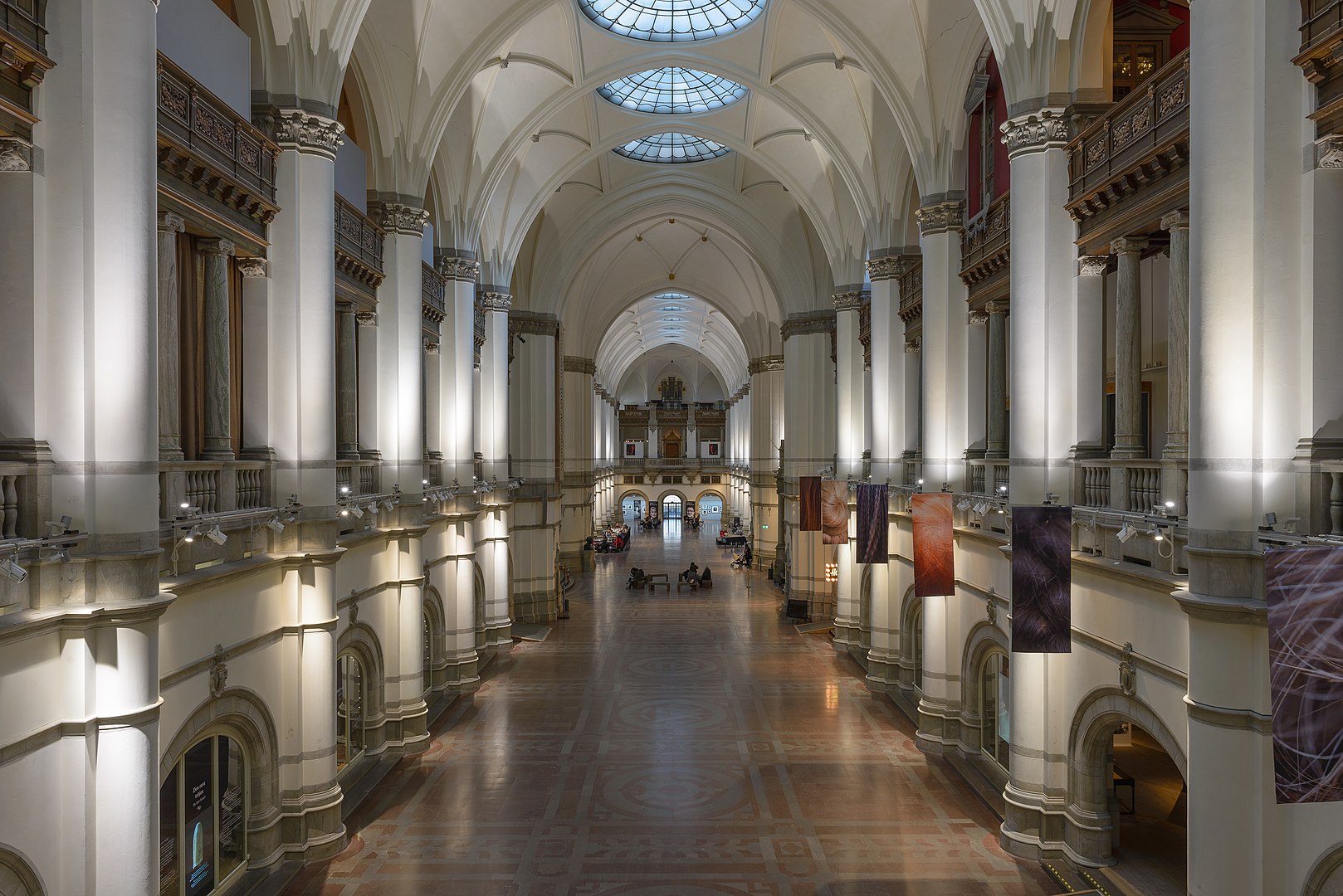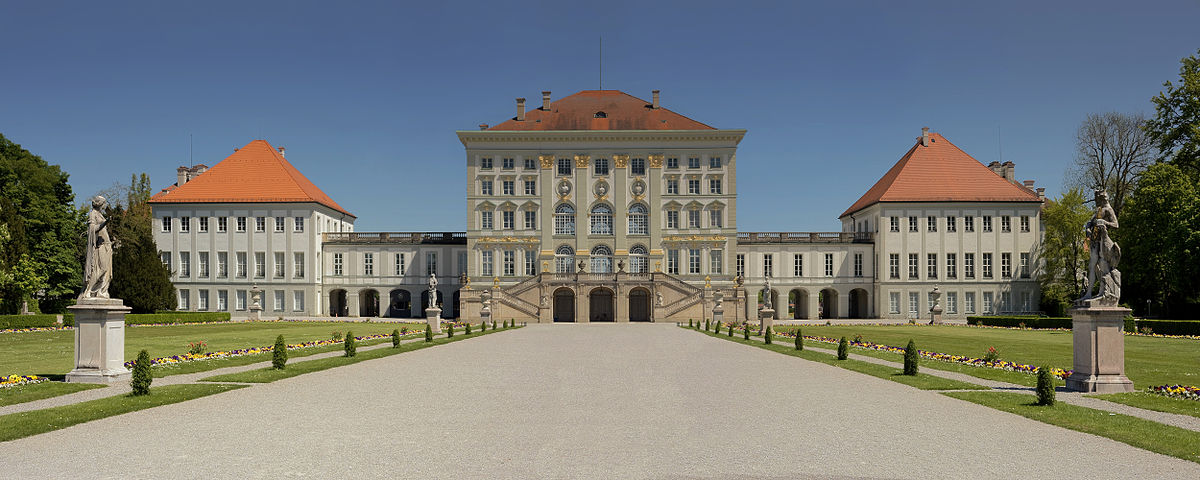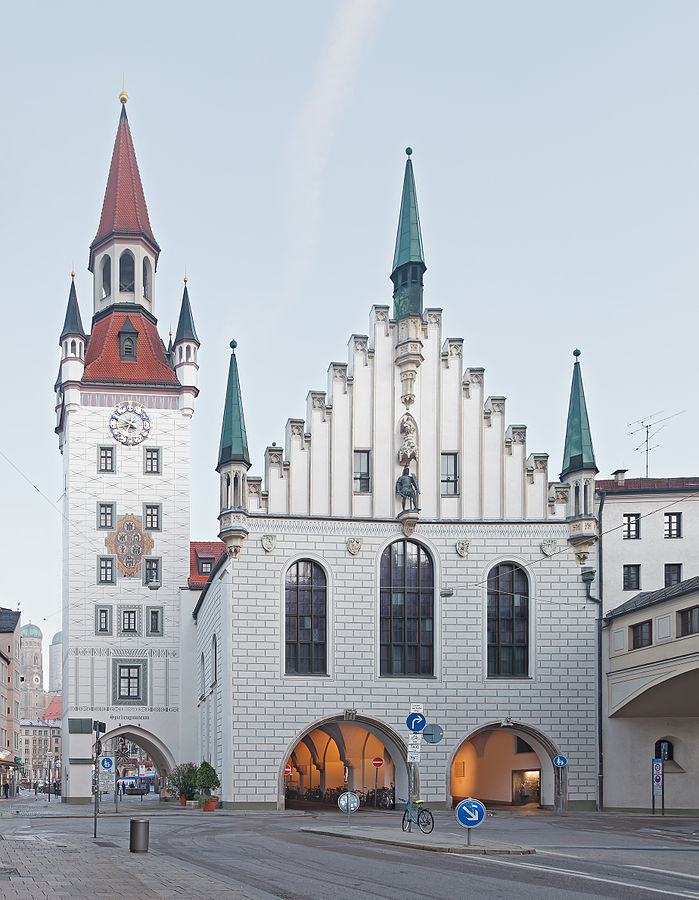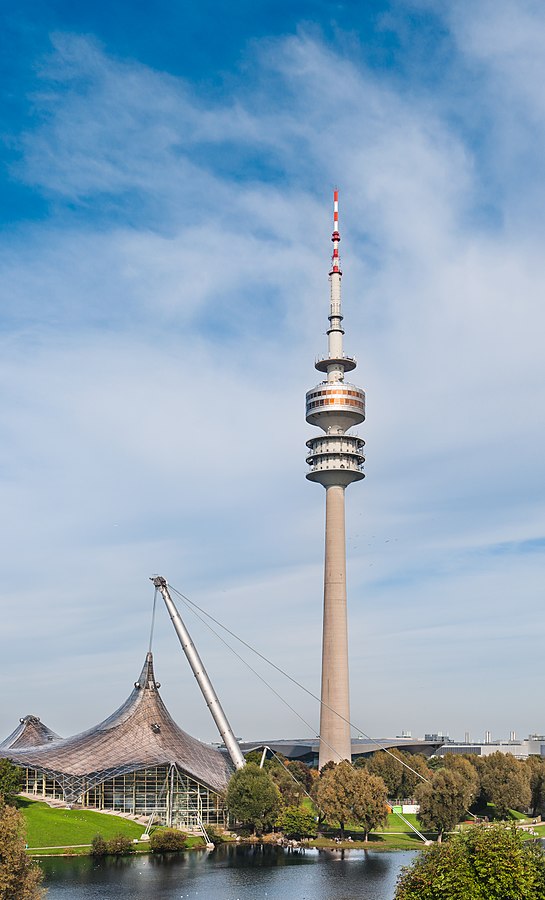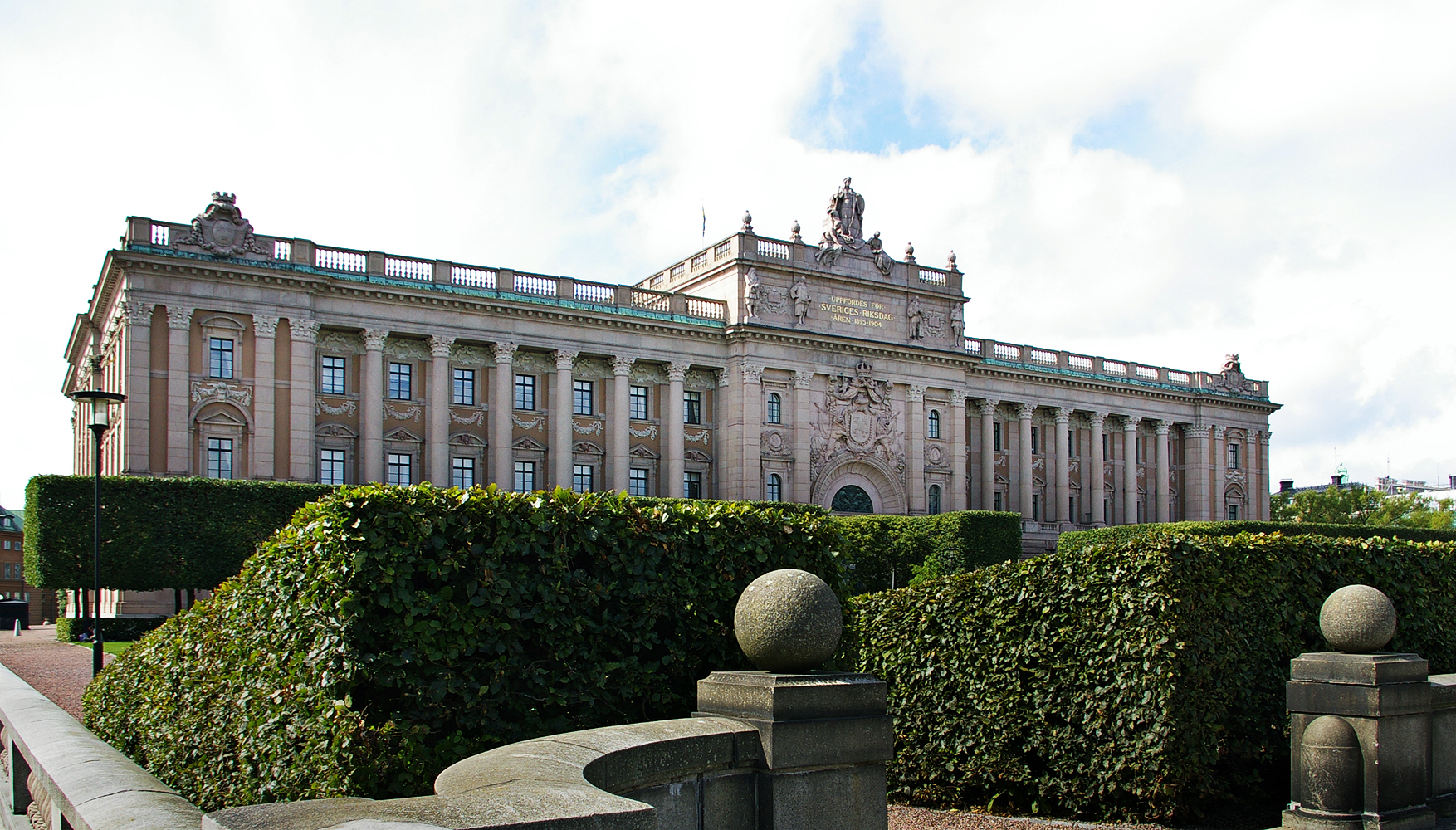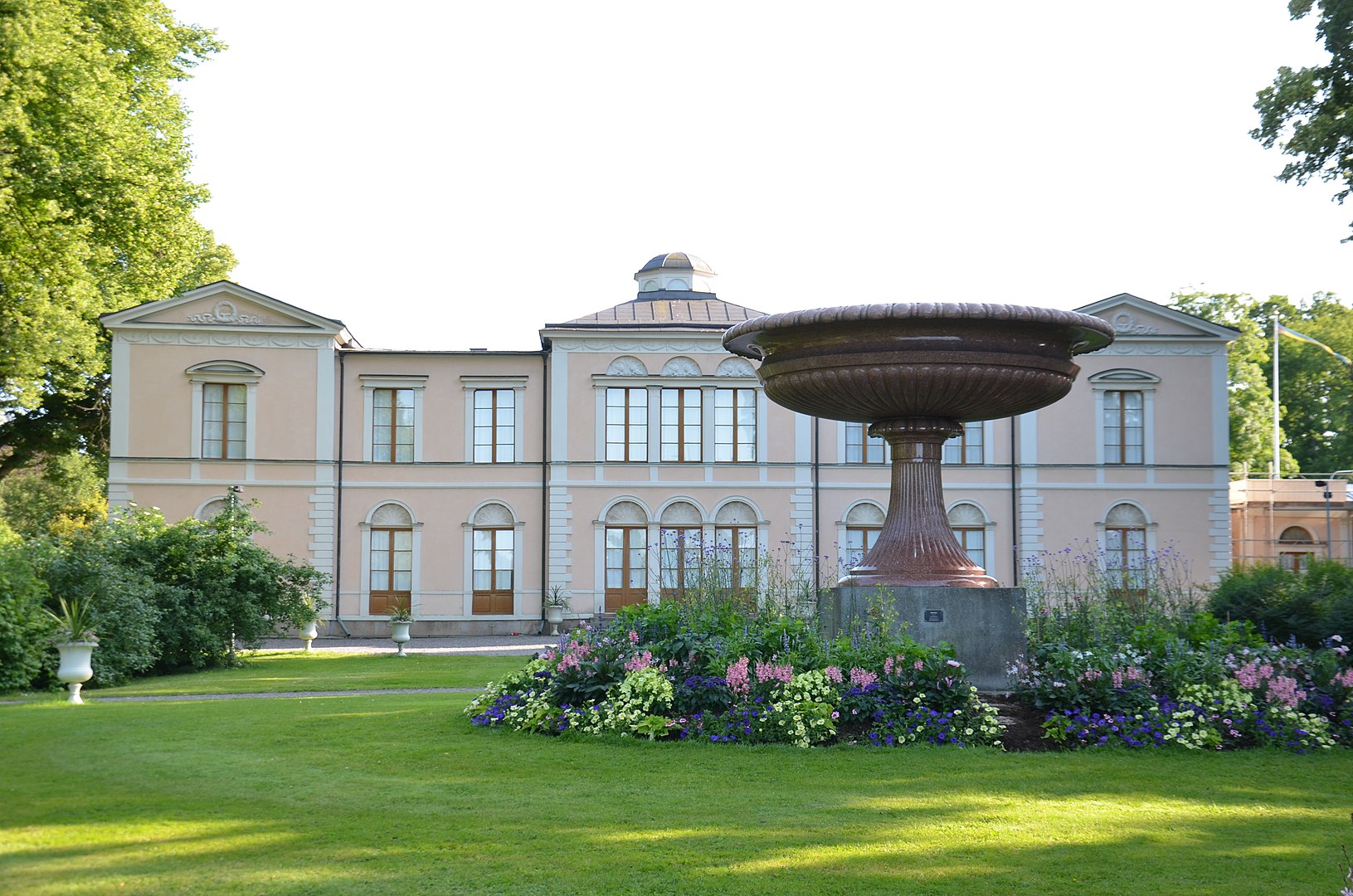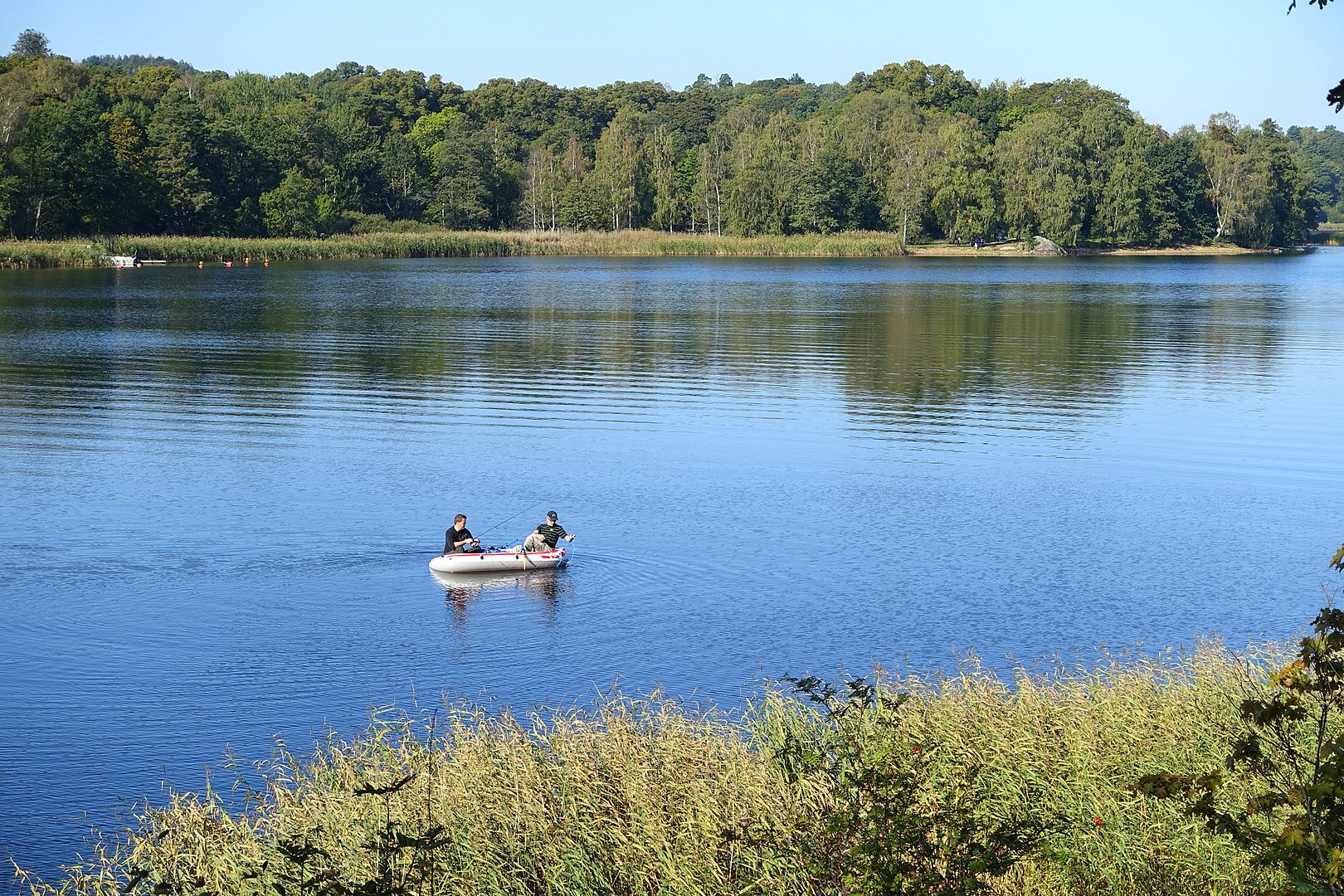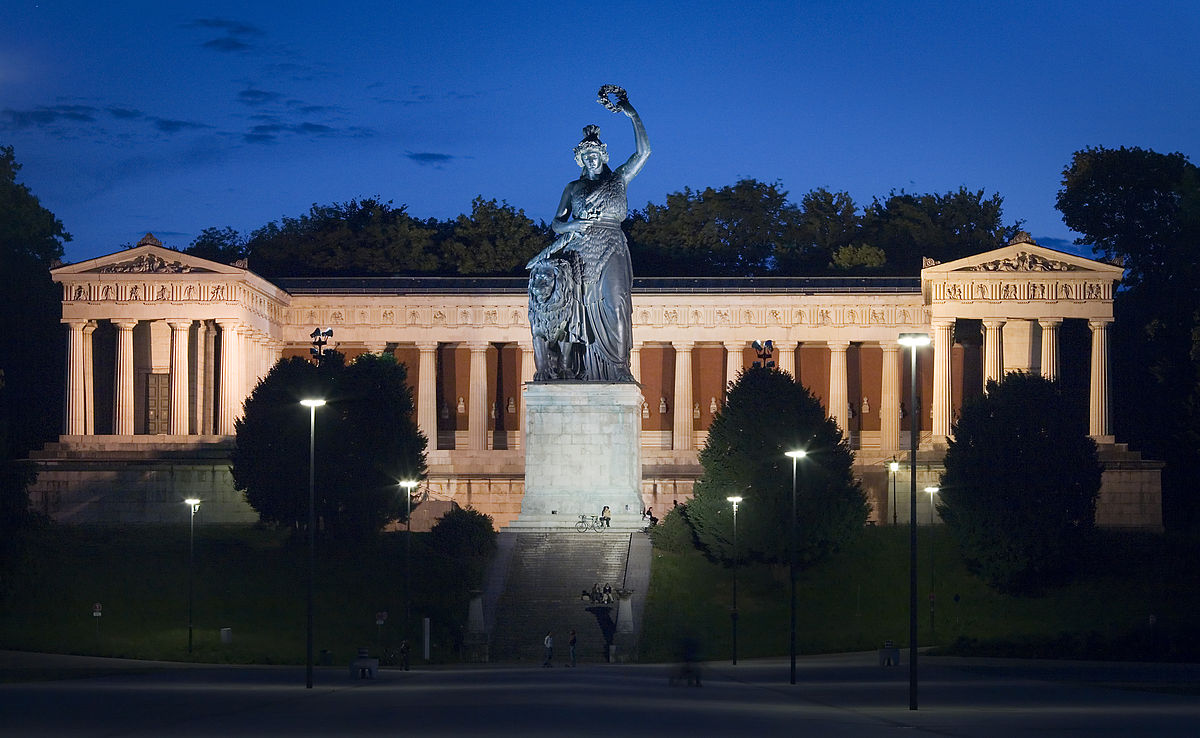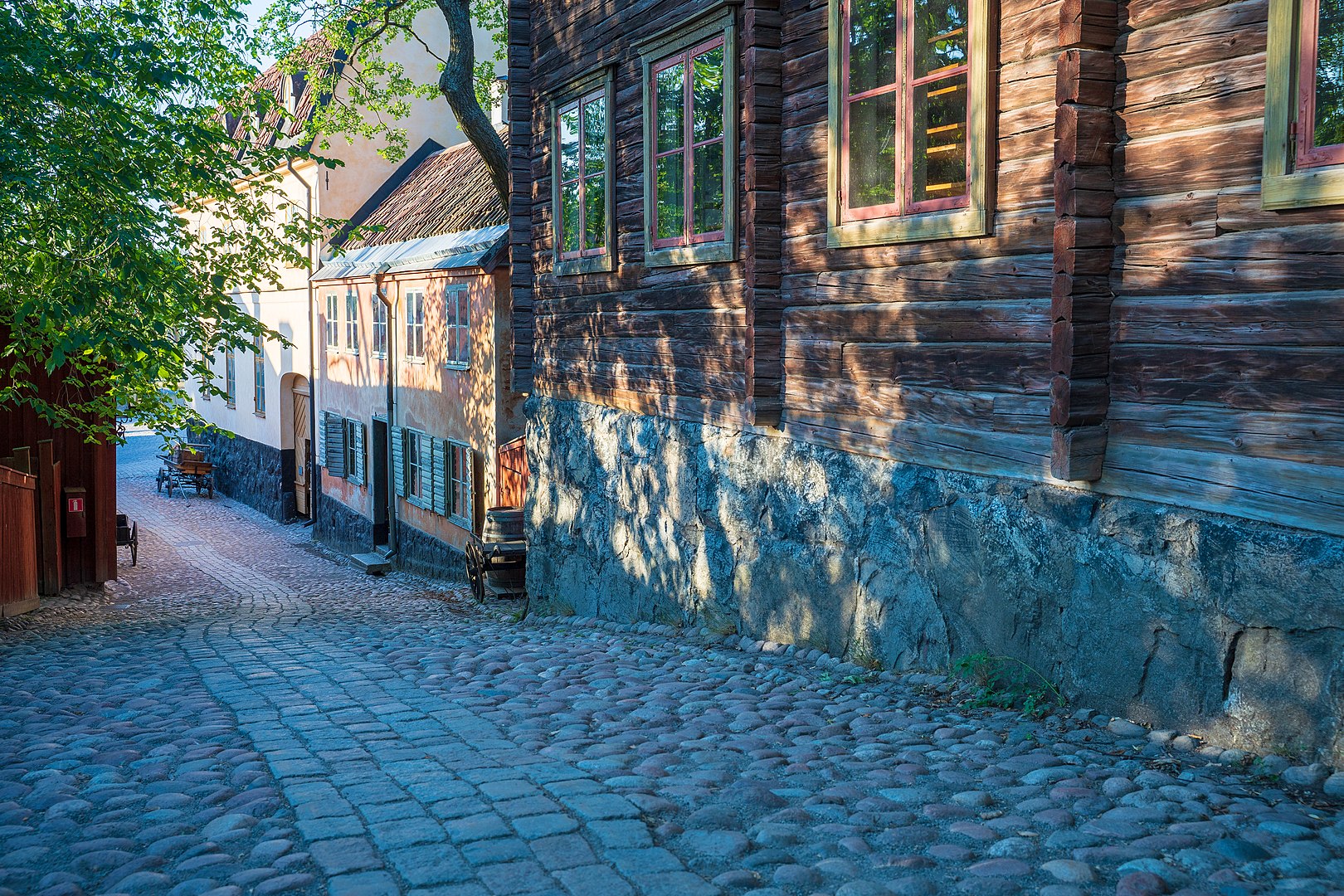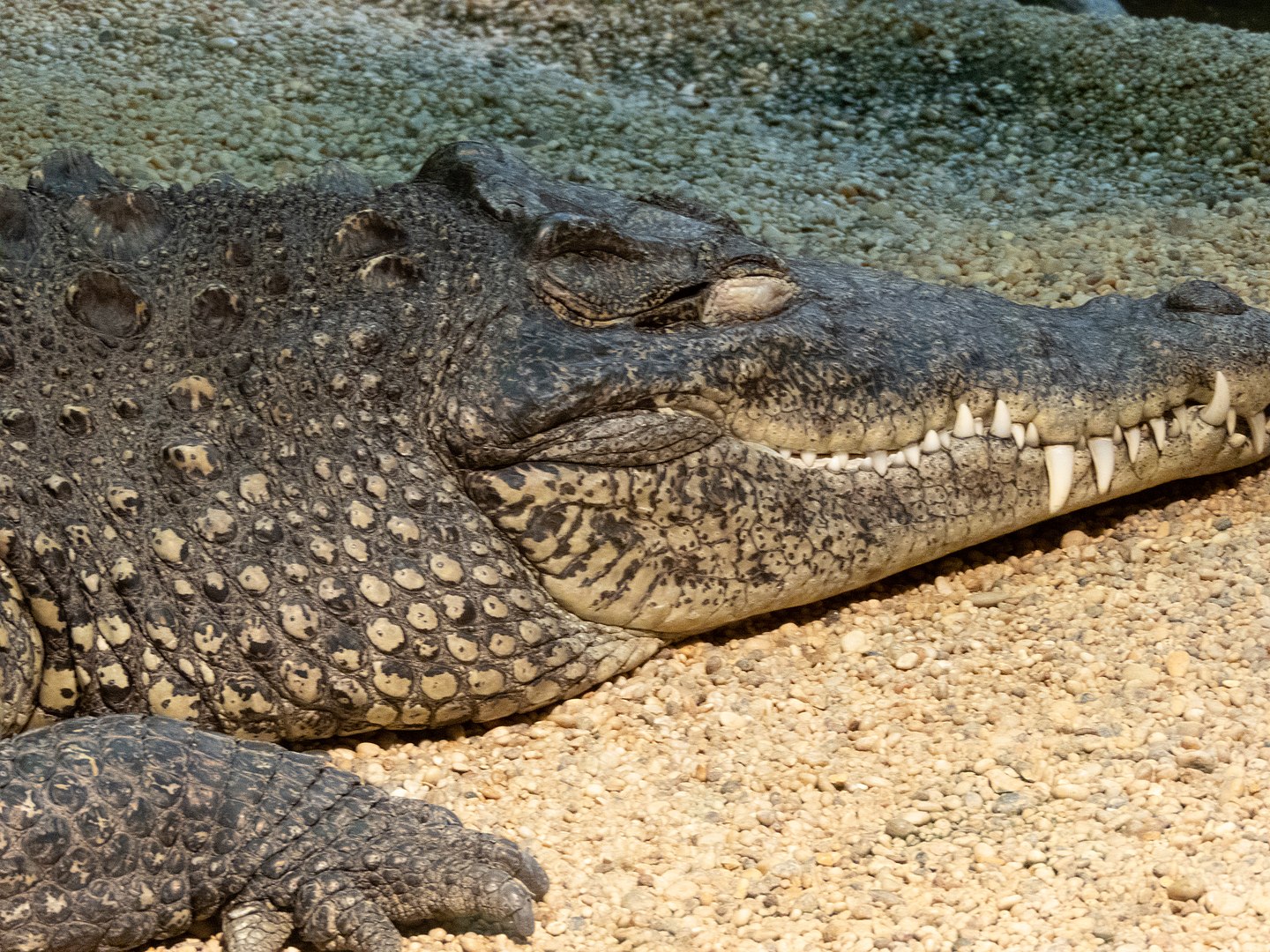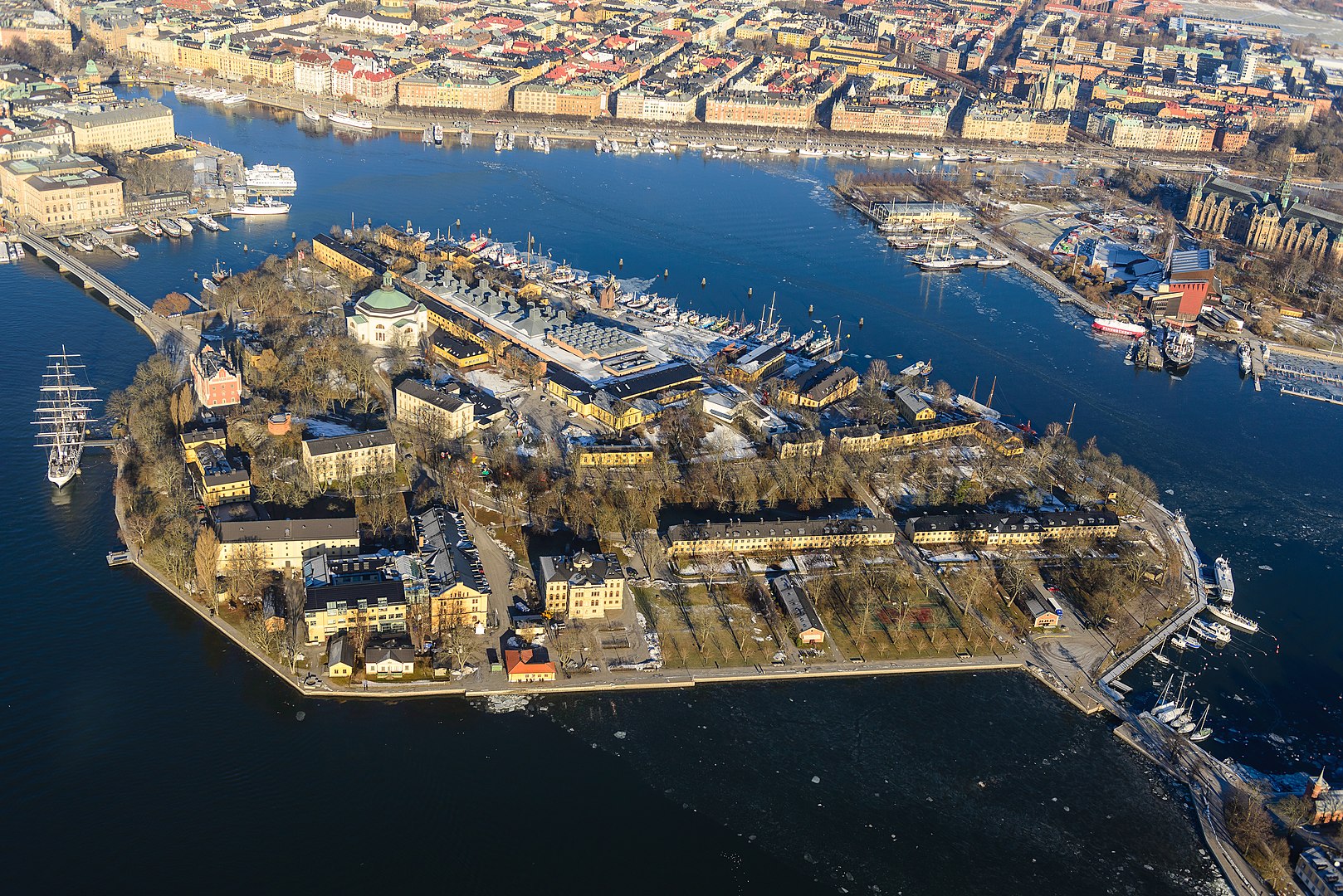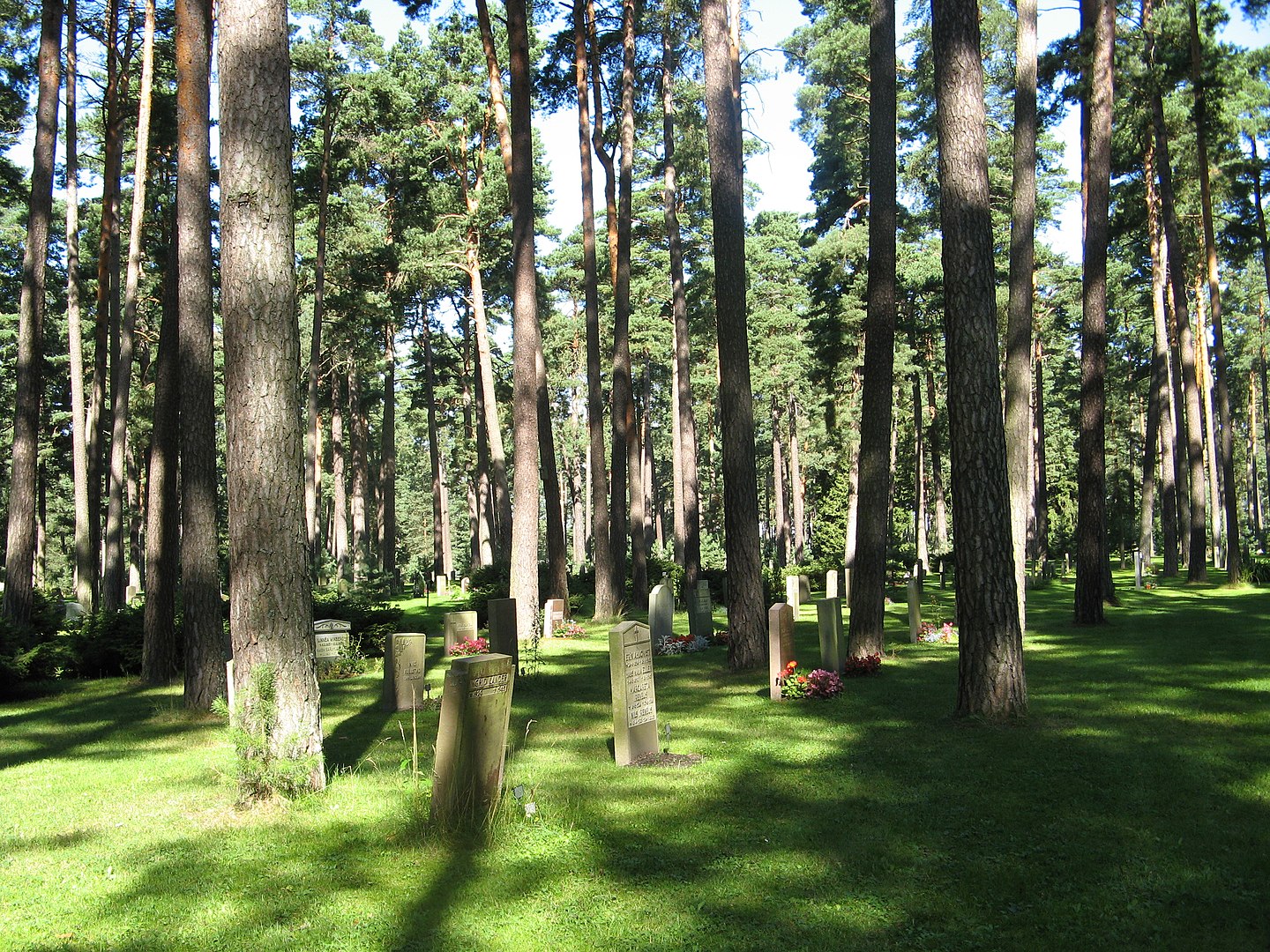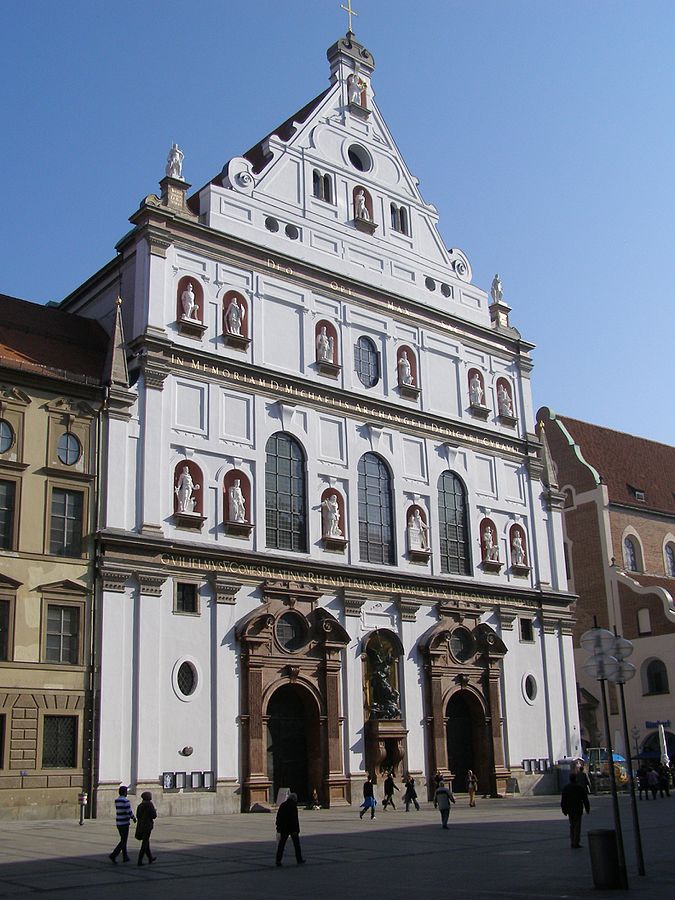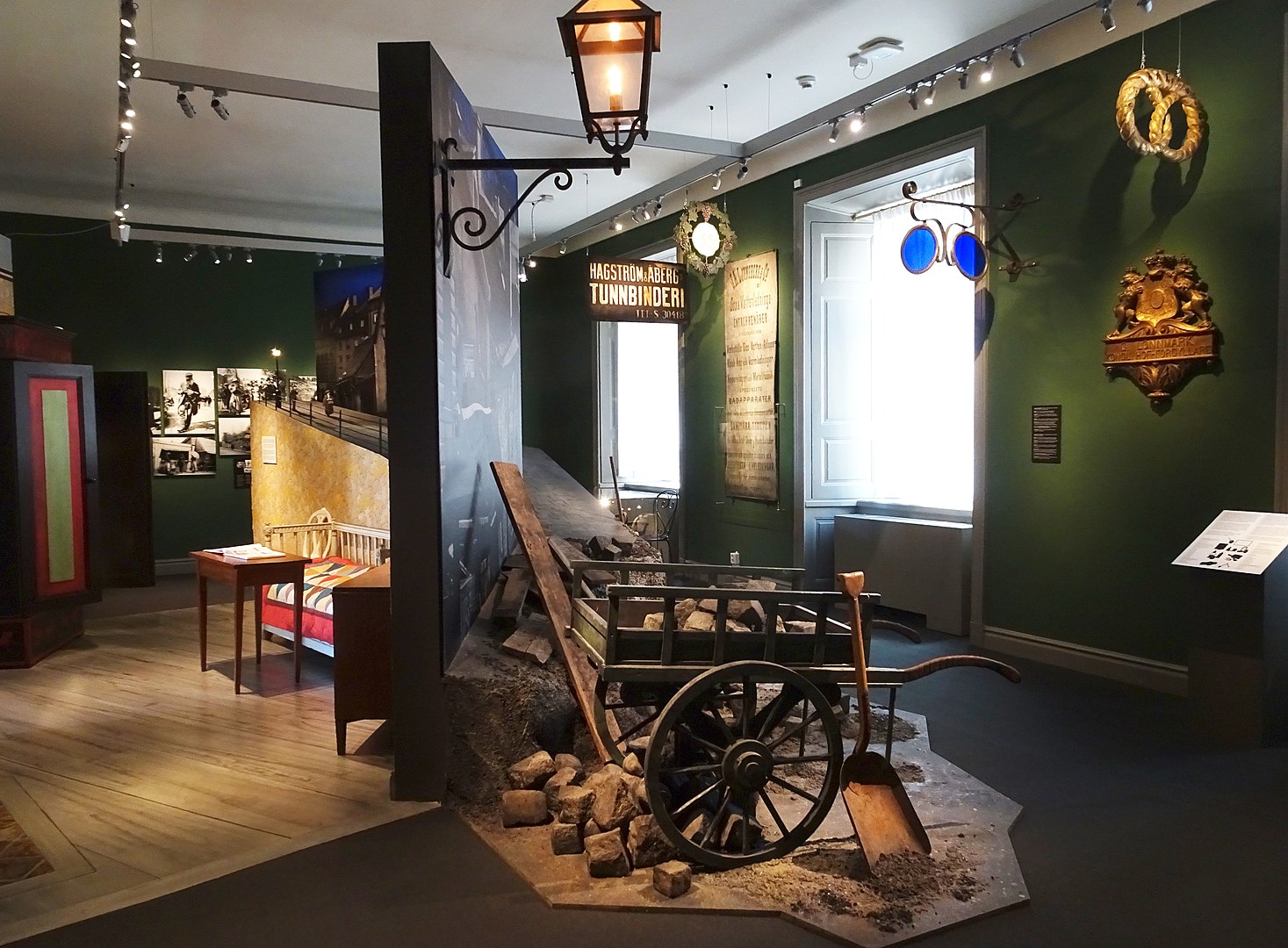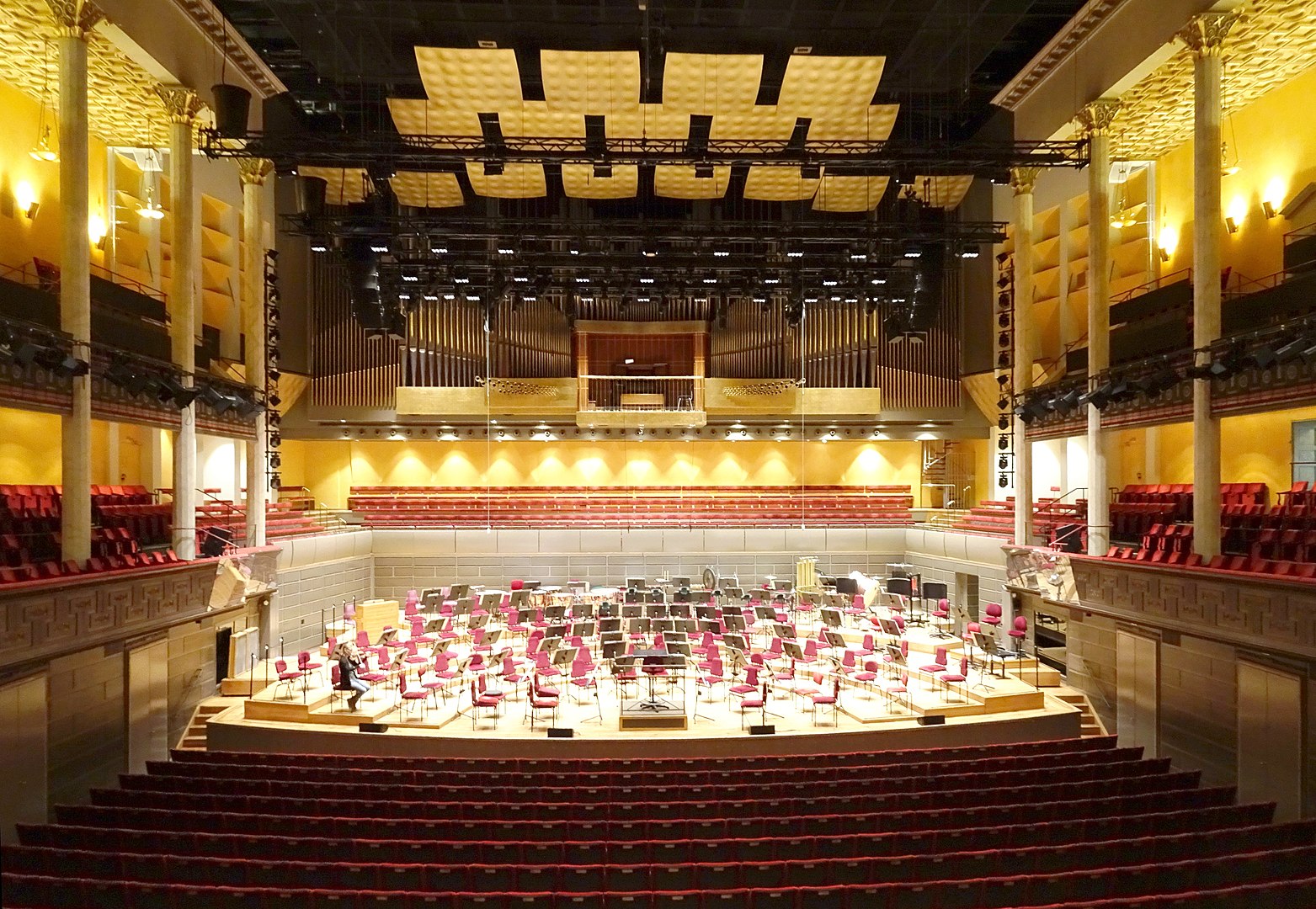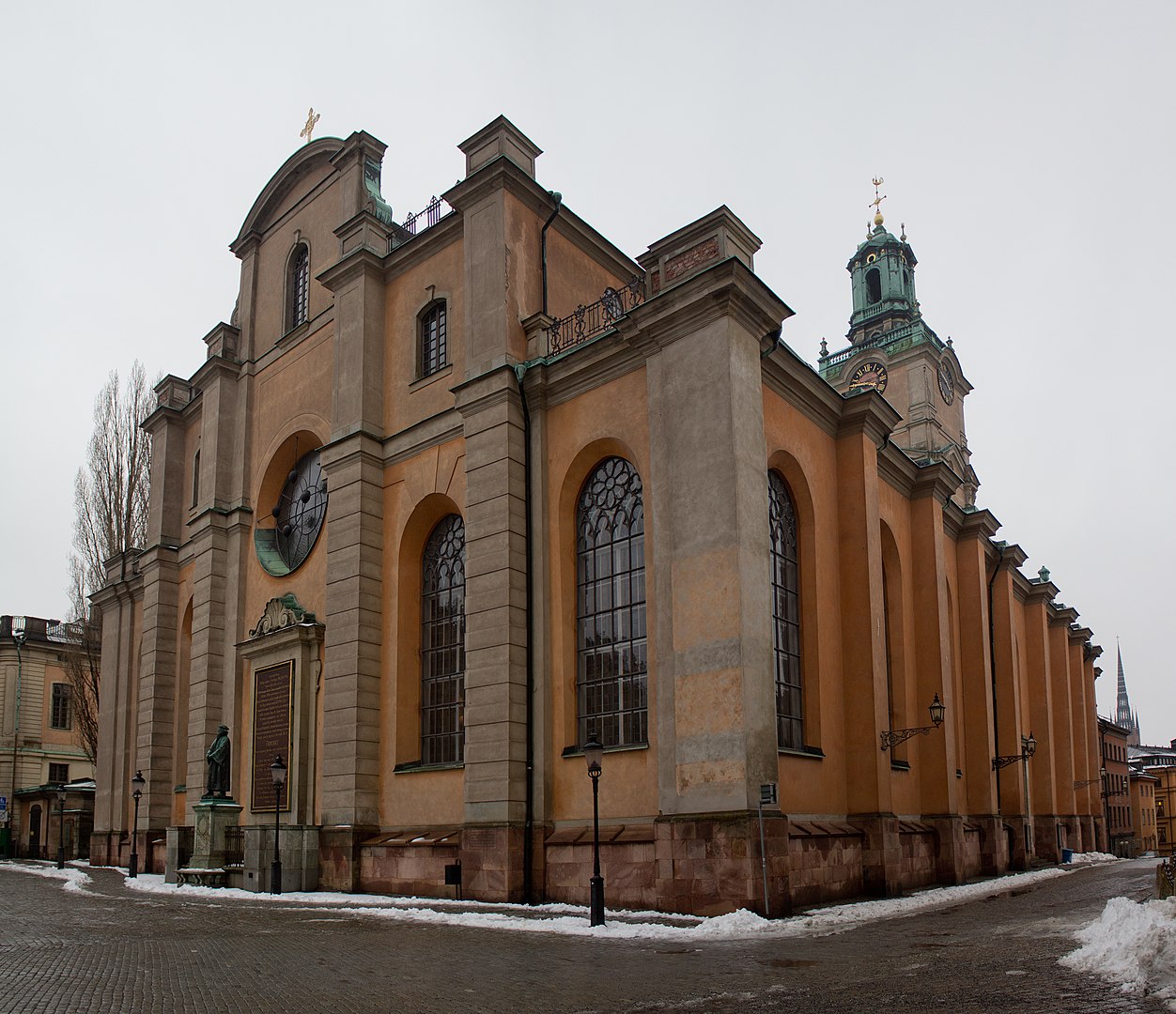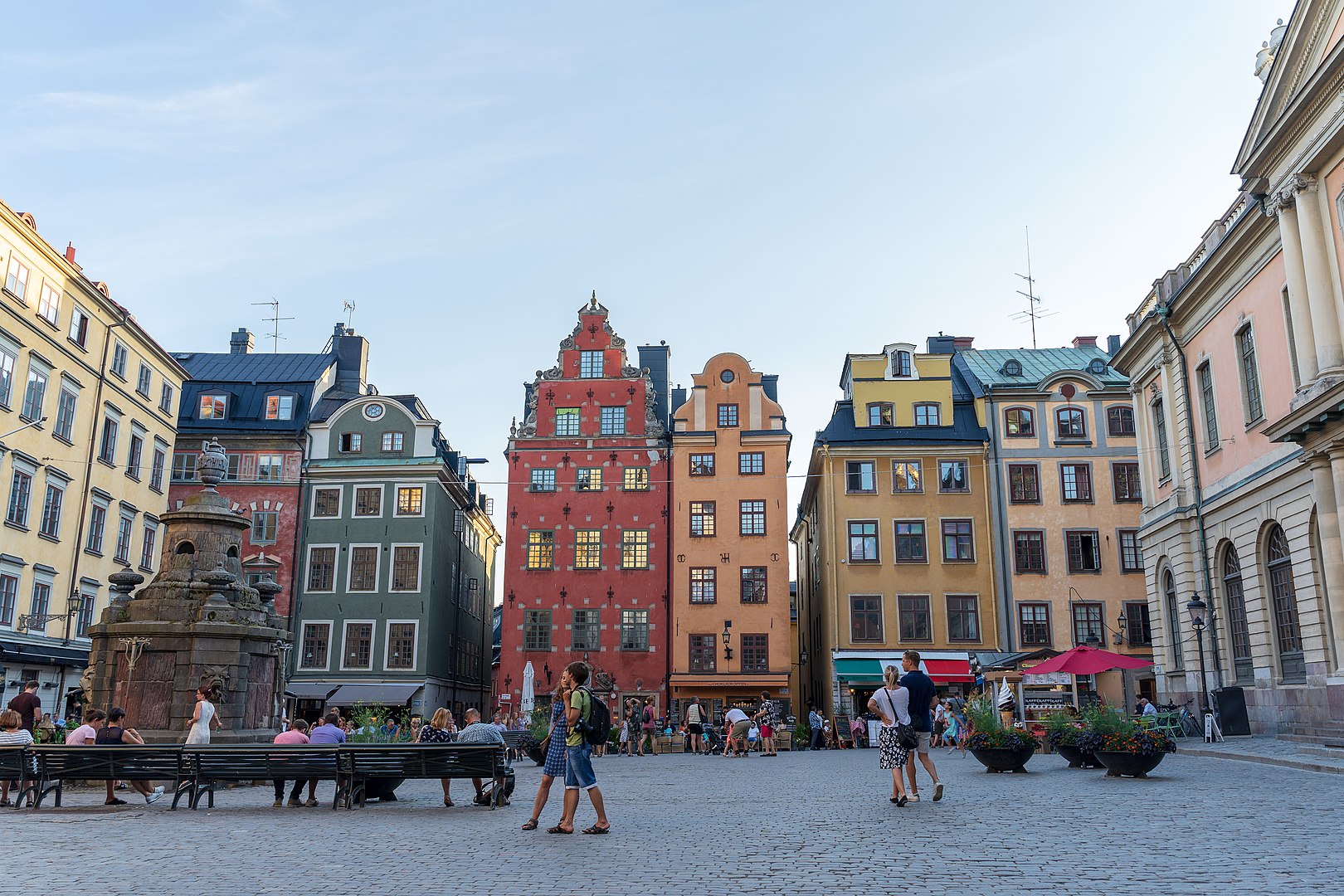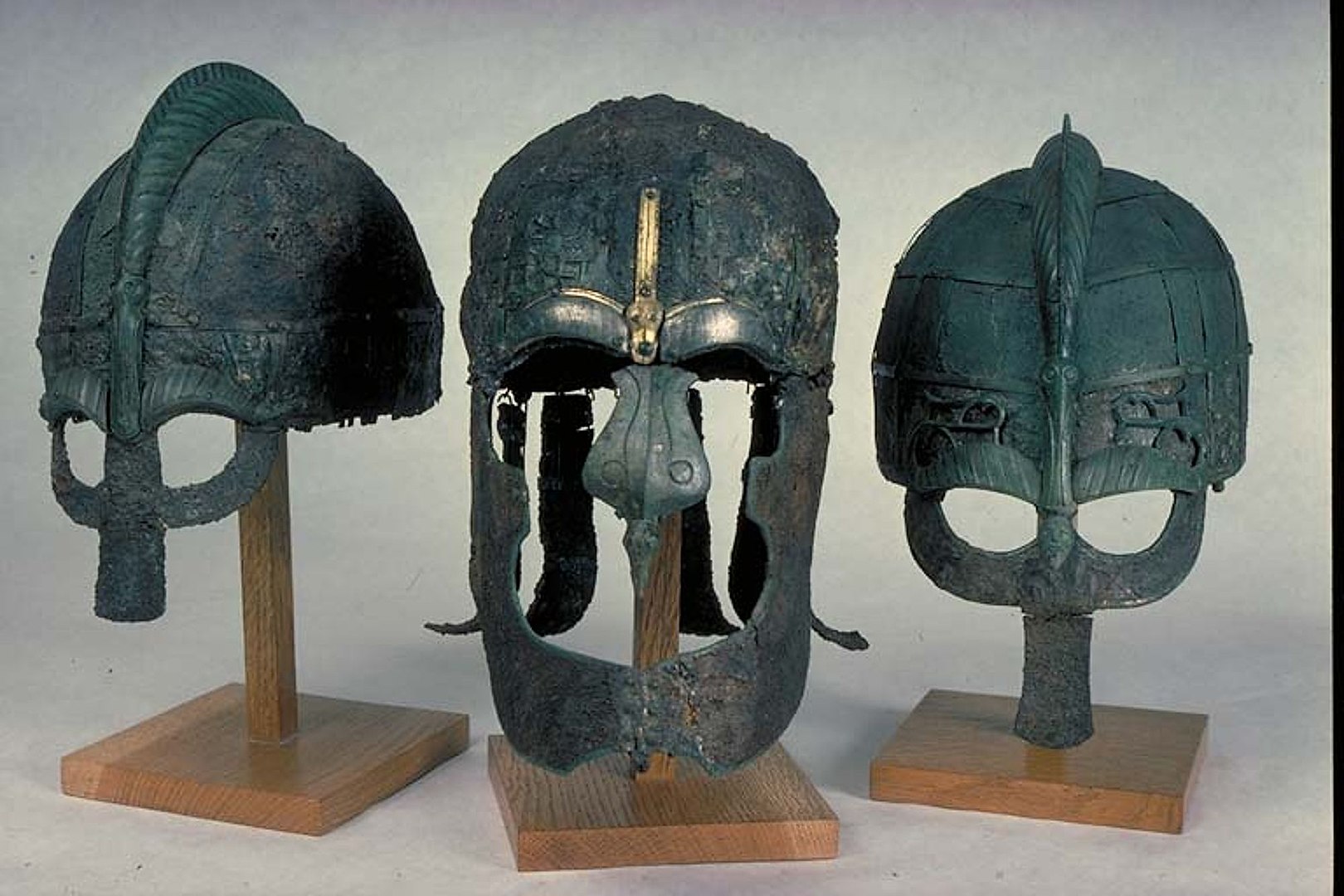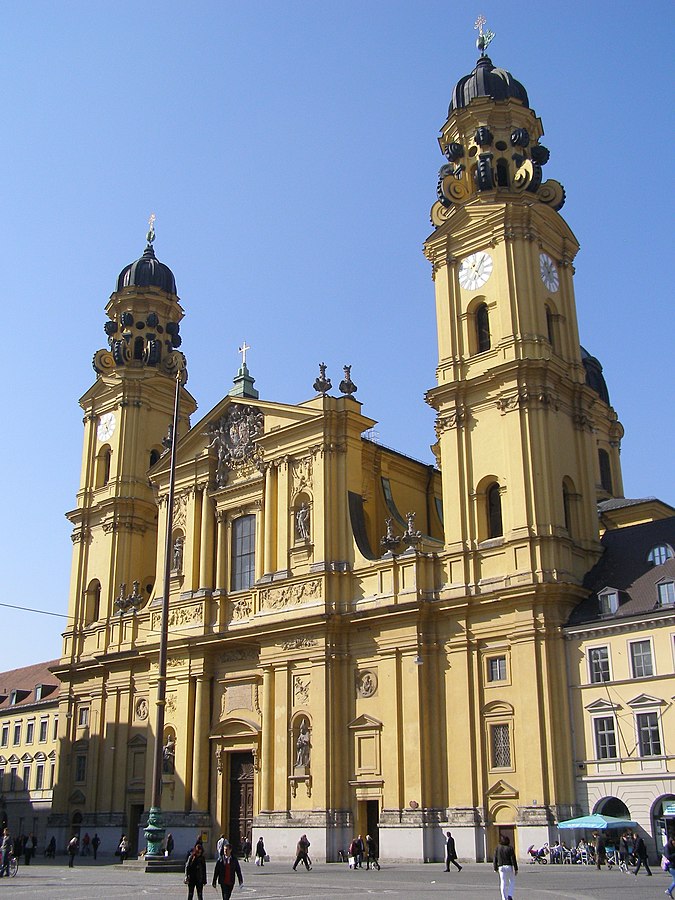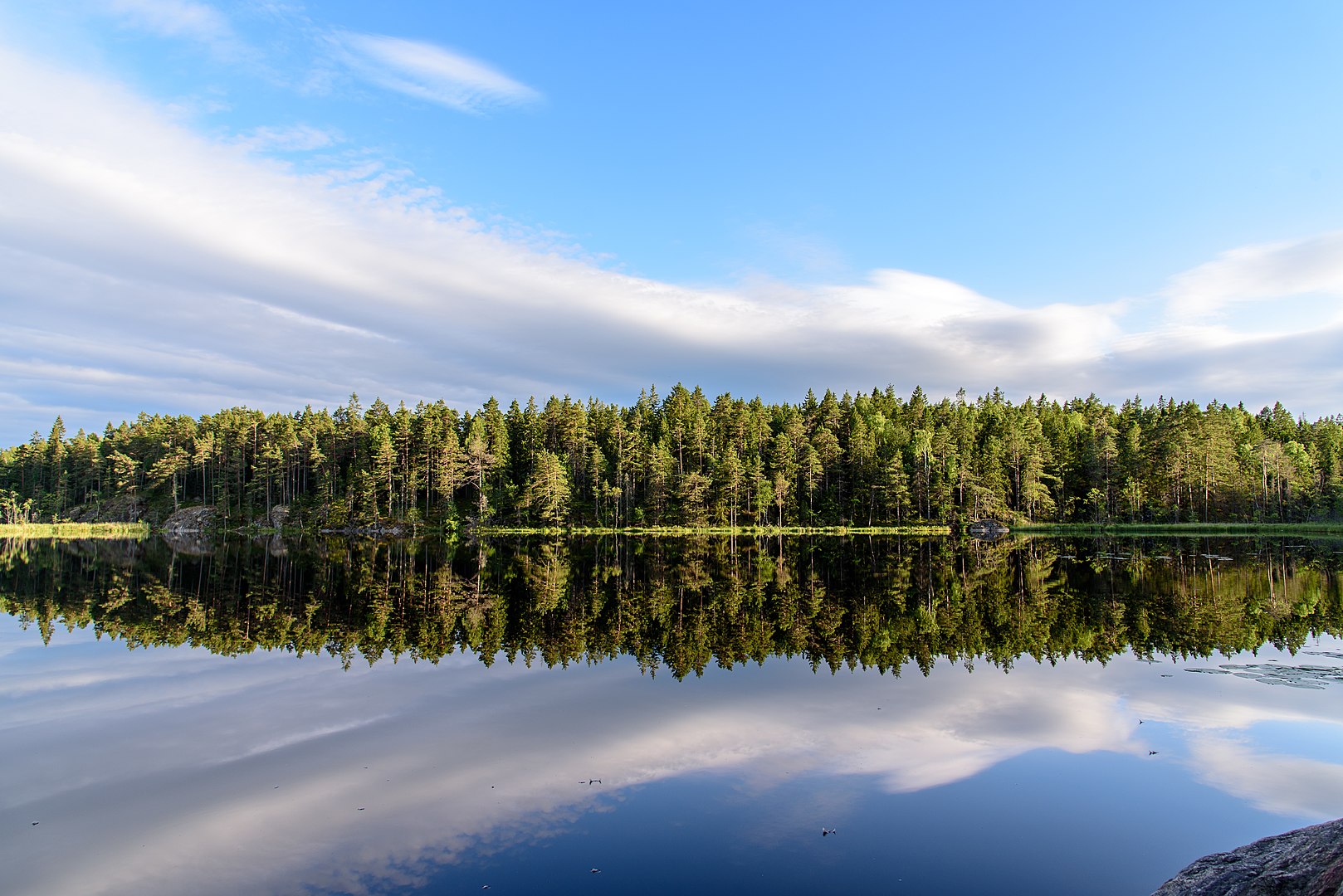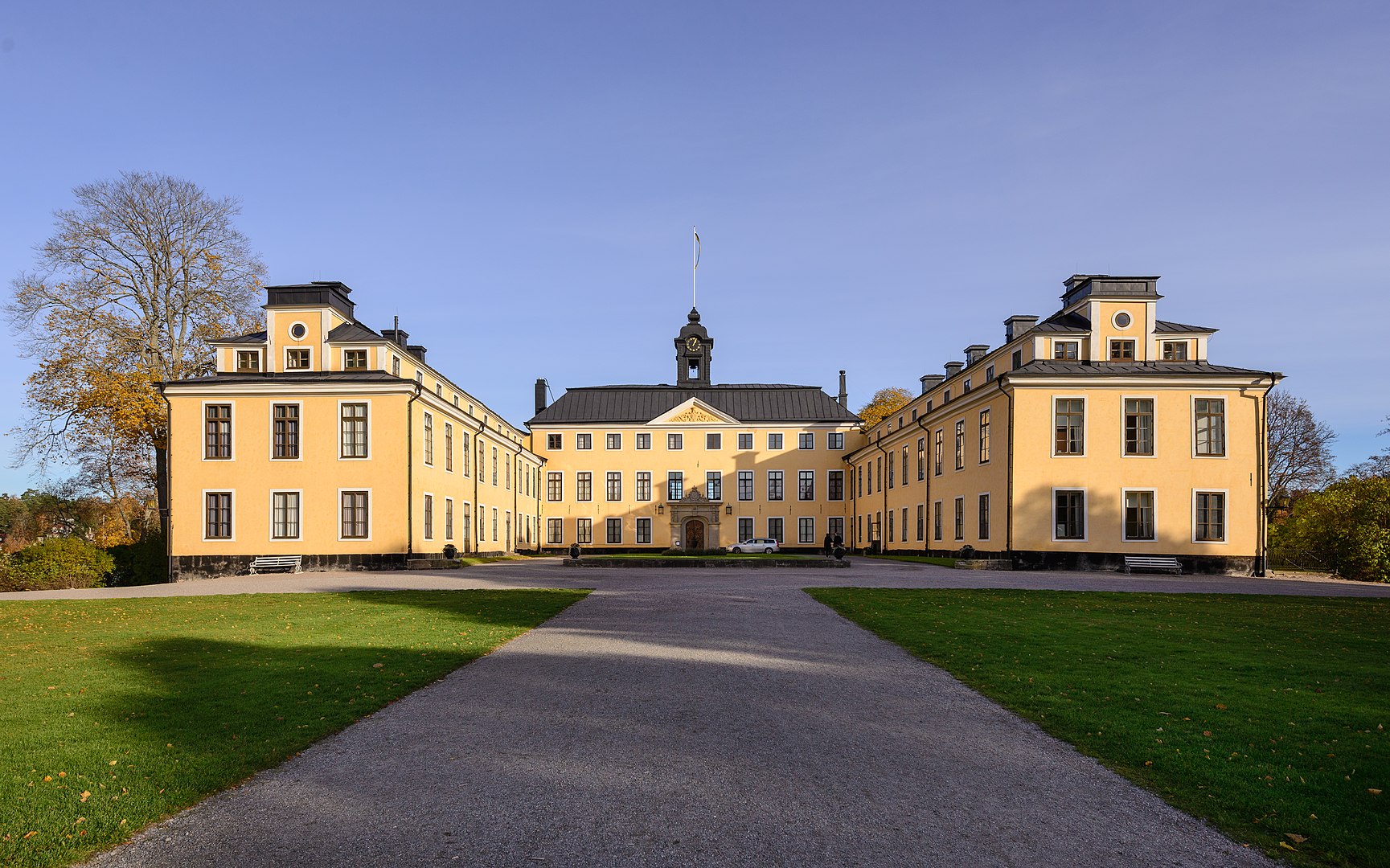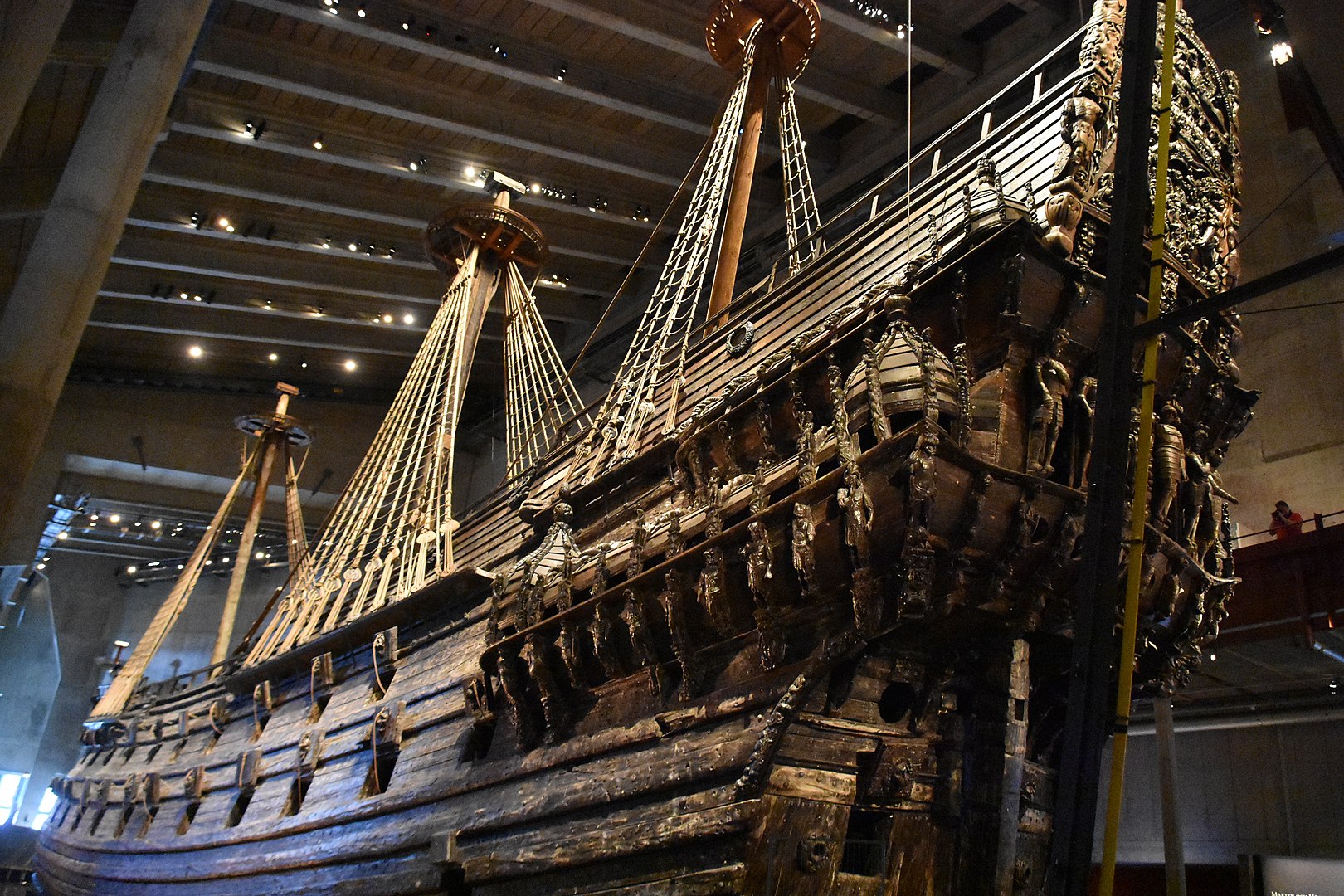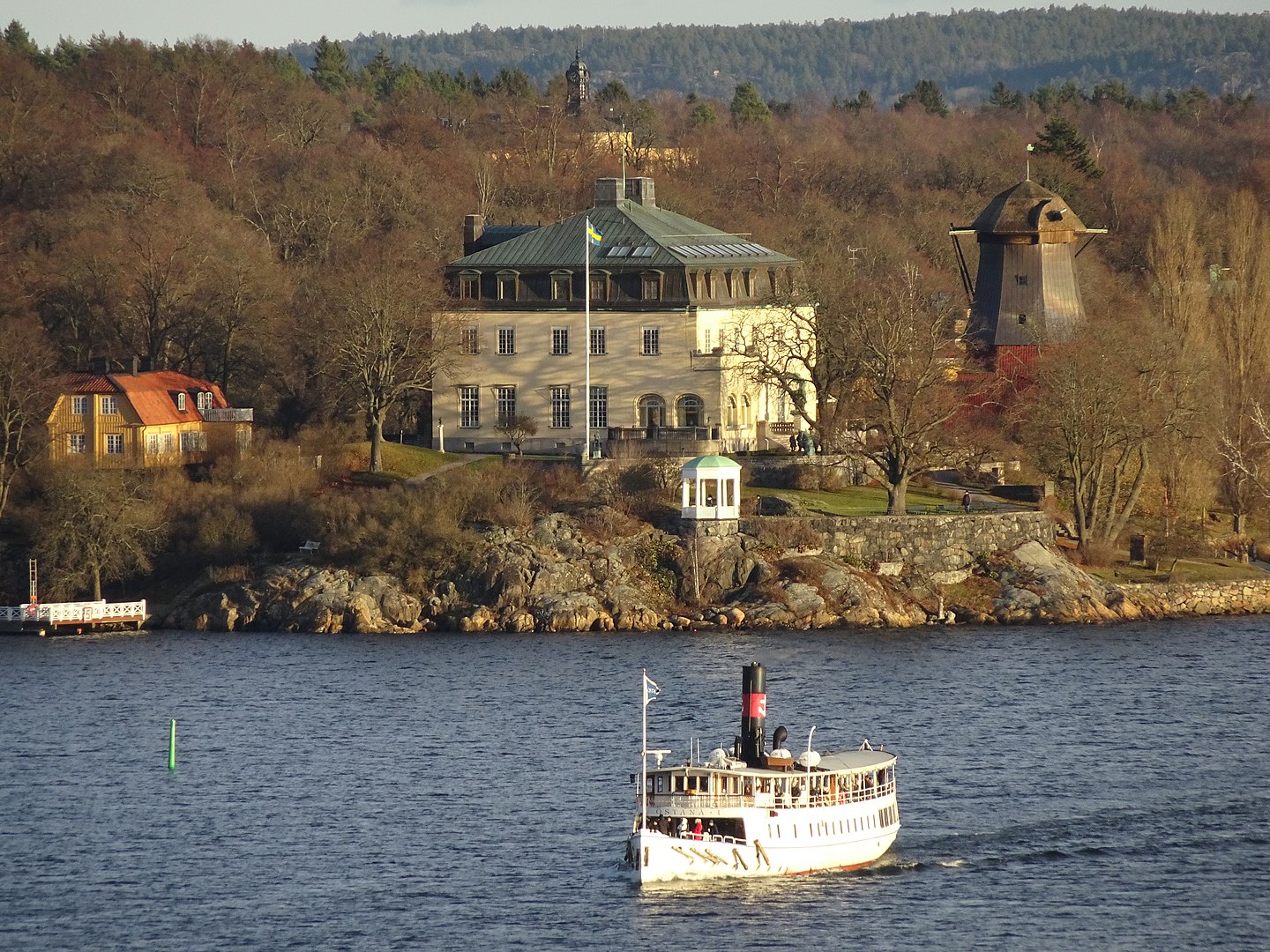MUNICH
Why is Munich worth a visit?
A historic old town, amazing city palaces, magnificent churches, outstanding art and technology museums, beautiful gardens and parks, cozy beer gardens, often good weather and, of course, the largest public festival in the world. These are just a few of the many reasons why Munich is worth a visit at any time of year. No wonder Munich is the second most popular city break destination in Germany after Berlin.
Here are our top 10 reasons to travel to Munich:
1. Munich is one of the older cities in Germany and was early residence city of the Bavarian dukes, electors and later kings. Accordingly, many historical places and sights can be found in the Bavarian capital.
2 Munich is one of the most architecturally appealing cities in Germany. Due to its long history as a residential city and important trading center, the city has more magnificent buildings and streets to offer than any other city in Germany.
3. Munich is a city of castles. With the Munich Residenz (the largest inner-city palace in Germany), Nymphenburg Palace (whose 600-meter-long facade even puts Versailles in the shade) and Schleissheim Palace (one of the most important baroque palaces in Germany), Munich has three impressive palace complexes to offer.
4. Munich is a city of churches. As the residential city of the arch-Catholic Bavarian rulers, some of the most magnificent churches in southern Germany were built in the Bavarian capital.
5. Munich is a museum metropolis. The city’s art museums, first and foremost the Alte Pinakothek, the Neue Pinakothek and the Pinakothek der Moderne, but also the city’s science museums, especially the gigantic Deutsches Museum, are among the most important of their kind in all of Europe.
6. Munich is said to be a large village. Accordingly, the Bavarian capital, which has now grown into a megapolis, has retained its green character and has a whole series of beautiful green spaces to offer with the Englischer Garten, the Hofgarten, the Olympiapark and the Schlosspark Nymphenburg.
7. Munich’s beer gardens are legendary. With wheat beer and veal sausages, you can simply feel good in the midst of the proverbial Bavarian coziness.
8. Munich is a sports city. No matter if you watch Germany’s best (maybe better said most successful) soccer in the Allianz Arena or go surfing on the Eisbach – the sports offer in the Bavarian metropolis is huge.
9. The weather in Munich is pretty good. At least in comparison with other major German cities, the capital of Bavaria can boast quite a few hours of sunshine and pleasant temperatures in spring, summer and fall.
10. Munich is not only a very beautiful city itself, but also the surroundings of the Bavarian capital with its many picturesque lakes and forests as well as the nearby mountains of the Alps are absolutely worth seeing.
For whom is Munich worth a visit?
History buffs:
For centuries, Munich was the residential city of the Bavarian rulers. Accordingly, when walking through Munich, you will encounter centuries-old history and architecture at many corners.
Fans of palaces:
No other city in Germany is home to as many and as impressive castles as Munich. The Munich Residence is the largest inner-city palace in Germany, the more than 600-meter-long facade of Nymphenburg Palace trumps even Versailles Palace near Paris in terms of length, and the three palaces of Schleissheim represent one of the most important Baroque palace complexes in Germany.
Museum visitors:
Munich’s museum landscape is one of the most interesting and best in Germany and all of Europe. Technology fans will love the Deutsches Museum, the largest science and technology museum in the world by exhibition space. Car lovers should pay a visit to the BMW Museum. But above all, art lovers will get their money’s worth in Munich. With the Glyptothek, the Alte Pinakothek, the Neue Pinakothek, the Pinakothek der Moderne, the Museum Brandhorst and the Lenbachhaus, the Bavarian capital offers its visitors an enormous density of important art museums.
Churchgoers:
With the Frauenkirche as its landmark, one of the most famous churches in Germany is located in Munich. But also the many other magnificent houses of worship, such as the Asam Church, the Theatine Church, St. Michael’s Church and St. Peter’s, bear witness to the former godliness of the Bavarian rulers and the people of Munich.
Garden lovers:
Few cities in Germany are as green as Munich. With the Englischer Garten, the Hofgarten, the Olympiapark, the Nymphenburg Palace Park and the Munich-Nymphenburg Botanical Garden, Munich offers a free choice of some of the best-known, largest and most beautiful city parks in Germany.
Beer drinkers:
No other city in Germany is as famous for its beer as Munich. In Munich’s legendary beer gardens, you can really enjoy yourself with the barley juices of Munich’s breweries and hearty Bavarian cuisine.
Sports fans:
Munich’s sports offerings are second to none. They even go so far that Munich is probably the only major city in Europe where you can surf right in the city center. And if you’re looking for a unique conglomeration of sports facilities, the best place to head is the Olympiapark. There are few sports you can’t do there.
Families and children:
And last but not least, it should be said that Munich is also a great place to visit with children. The many gardens and parks, the great museums, many of which offer their own children’s programs and exhibitions, and of course the beautiful Hellabrunn Zoo will also delight Munich’s younger visitors.
Best time to travel
The best time to visit Munich is from May to September, when the weather in the Bavarian capital is usually nice and warm and you can enjoy the days outdoors. Of course, you can also visit Munich in fall and winter. With its many museums and galleries, even wet and cold days can be endured very well in the Bavarian metropolis. In December, Munich exudes a very special charm when the city’s many Christmas markets attract both locals and visitors from all over the world.
Getting there
By car:
Munich is the most important traffic hub in the south of Germany and accordingly well connected to the German highway network. The A8 connects Munich with Baden-Württemberg and western Germany. The A9 leads to the northern and eastern states of Germany. The A92, A93 and A94 provide the connection to eastern Bavaria and the A95 and A96 to southern Bavaria. In addition, it is not far to Munich from Austria via the A8 and A93. Likewise, you can quickly reach the Bavarian capital from Switzerland via the A96.
By train:
Munich is the most important rail hub in southern Germany and has excellent connections to the ICE network. ICE trains run from Munich to all parts of the country every one or two hours.
By plane:
Next to Frankfurt am Main, Munich Airport is the second most important major airport in Germany. There are several daily connections from Munich to all major and smaller airports in Germany. There are also daily flights to Graz and Vienna in Austria and Basel, Geneva and Zurich in Switzerland.
Shopping
Munich is one of the wealthiest cities in Germany, and this is clearly evident in the business world of the Bavarian capital. There is hardly any other major German city where you can shop as well (and as expensively) as in Munich. Not only those who are looking for traditional costume fashion and beer mugs will definitely find their shopping happiness in Munich.
Munich’s main shopping streets are Neuhauser Strasse and Kaufingerstrasse, the part of the pedestrian zone that leads from Stachus to Marienplatz. This is a busy area at any time of day, and people who suffer from claustrophobia or prefer to shop in peace should avoid this area of the old town for a shopping trip. In Neuhauser Strasse and Kaufingerstrasse you will find not only large department stores, such as Kaufhof directly on Marienplatz and the more luxurious Oberpollinger on Stachus, but also the typical stores of the major German and international fashion, shoe, cosmetics and jewelry chains.
The second main shopping axis in the pedestrian zone in Munich’s city center is Weinstrasse and Theatinerstrasse, which run north from Marienplatz to Odeonsplatz. People with somewhat deeper pockets feel especially at home in the exquisite stores of these two streets. Those who like to dress up should definitely make a shopping detour to the Fünf Höfe on the west side of Theatinerstrasse. In this beautiful shopping arcade, you can spend your money in countless fashion boutiques, men’s outfitters, hat salons, shoe stores, jewelers and art galleries.
Sendlinger Strasse, which leads from Marienplatz to Sendlinger Tor, has also developed into an interesting shopping street in Munich’s old town in recent years. If you are looking for a (more or less) kitschy souvenir of Munich, on the other hand, you should walk along Tal Street between Marienplatz and Isartor. Here are plenty of souvenir stores offering typical Bavarian kitsch.
Those who are more into exotic fashion should head to the Gärtnerplatz district around the square of the same name in the south of Munich’s old town. Here there are many fashion stores that offer somewhat more unusual creations. And if you’ve come to Munich with a very fat wallet, you should definitely stroll along Maximilianstrasse from Max-Joseph-Platz at the Munich Residenz eastward to the Isar River. It is definitely Munich’s most exclusive shopping street. The flagship stores of the who’s who of international luxury brands are lined up here, and anyone who wants to can happily spend four- and five-figure euro amounts on fashion, traditional costumes, watches and jewelry.
Last but not least, a note for those who like to shop for groceries: you should definitely make your way to the Viktualienmarkt on the southern edge of Munich’s old town. At the market, shoppers can expect to find over 140 stalls offering an incredible selection of fresh food and Bavarian specialties – from fruit and vegetables to meat, sausage, fish and cheese, as well as bread and baked goods, you’ll find everything that’s good, fresh and delicious.

Food and drink
When you think of Bavarian cuisine, the first things that come to mind are white sausages, Leberkäse, roast pork, dumplings and, of course, beer. And rightly so, of course, as these Bavarian classics are still extremely popular, and not just among tourists. If you like typical Bavarian food, it’s best to go to a traditional Bavarian restaurant or one of the city’s many beer gardens.
The choice is enormous in Munich. Whether you go to the Hofbräuhaus or one of the beer gardens in the Englischer Garten, the atmosphere is still typically Bavarian in almost all places, despite the masses of tourists. Bavarian cuisine is generally rather meat-heavy, but due to the excellent water quality in the many Bavarian lakes, there is now also an abundant supply of local fish.
However, anyone who thinks that Munich can be reduced to the above-mentioned culinary dishes is seriously mistaken. This is because the Bavarian capital has had an international gastronomic scene for many years, which has benefited in particular from the many new Munich residents from Italy, Greece, Turkey, Croatia and also some Asian countries.
Nightlife and entertainment
The image of Munich’s nightlife has long struggled with two persistent prejudices: One is that it is rather boring and staid, and the other is that it is only for the “rich and famous.” Compared to the nightlife of other German metropolises like Berlin or Hamburg, these two prejudices may still be justified. Nevertheless, a diverse bar, club and disco scene has also developed in the Bavarian capital in recent decades, catering to a wide variety of tastes (not just those of the rich and beautiful).
A good area to turn night into day is the neighborhood around Maximiliansplatz and Lenbachplatz. Here you will find some of Munich’s hottest bars and nightclubs. Sonnenstraße, which runs from Stachus to Sendlinger Tor, is also a good nightlife location, with some hip scene bars and clubs along it.
If you want to go on a pub or club crawl, head to Müllerstraße, just a short distance south of the Altstadt. Here, several pubs and clubs are lined up next to each other, which are open until late in the evening/night, even during the week, and are accordingly usually well attended.
Another good place to go out is the Schwabing district in the north of Munich’s city center. Around Leopoldstrasse and Hohenzollernstrasse there are a large number of pubs, bars and clubs.
And last but not least, of course, the tourist classic at Platzl in the middle of Munich’s old town should be mentioned: namely, this is where the world-famous Munich Hofbräuhaus is located. If you are still able to move on after one (or more) Maß Bier, you can “fall” into the Hardrock Café München right next door and continue partying there.
Sights
- All in Munich
- Alle in Stockholm
- Beaches
- Bridges
- Castles & Palaces
- Churches & Monasteries
- Districts
- Gardens & Parks
- Highlights
- Historical buildings
- Museums & Galleries
- Natural landscapes & National parks
- Other sights
- Shopping
- Streets & Squares
- Theater & Opera houses
- Theme & Amusement parks
- Viewpoints
- World Heritage Sites
- Zoos & Aquariums

Photos: Muck, Frauenkirche (München)-01, CC BY-SA 4.0 / Steffen Flor, Neues Rathaus München 2018, CC BY-SA 4.0 / Avi1111 dr. avishai teicher, Mariensäule (Munich) (2), CC BY-SA 4.0 / bynyalcin, Maxvorstadt, Munich, Germany – panoramio (6), CC BY 3.0 / Richard Huber, Altes Rathaus, Talburgtor, Heilig Geist Kirche, Alter Peter, CC BY-SA 3.0 / Arnaud 25, Hofbräuhaus 007, CC BY-SA 4.0 / M(e)ister Eiskalt, Altes Rathaus 2014-08-02, CC BY-SA 4.0 / Meister Eiskalt derivative work: MagentaGreen, Stachus 2014-08-02 pseudo-pano, CC BY-SA 4.0 / Schreinermeister, Muenchen Hofgarten und die Bayerische Staatskanzlei, CC BY-SA 3.0 / Allie_Caulfield from Germany, 2014-08-06 München, Residenz 053 Antequarium (15091487471), CC BY 2.0 / Francisco Anzola, Opera house (16194613663), CC BY 2.0 / High Contrast, Königsplatz – Propyläen und Glyptothek, CC BY 3.0 DE / Tiia Monto, Munich – Friedensengel, CC BY-SA 4.0 / Rufus46, Blick vom Monopteros auf den Englischen Garten Muenchen-1, CC BY-SA 3.0 / Softeis, P1010166, CC BY-SA 4.0 / GraphyArchy, GraphyArchy – Wikipedia 00018, CC BY-SA 4.0 / Richard Bartz, Munich aka Makro Freak, Image-Schloss Nymphenburg Munich CC, CC BY-SA 2.5 / Ttkr, Schloss oberschleissheim-wikipedia, CC BY-SA 4.0 / Diego Delso, Allianz Arena, Múnich, Alemania, 2013-02-11, DD 04, CC BY-SA 3.0 / © Jorge Royan / http://www.royan.com.ar / CC BY-SA 3.0, Munich – Bavaria statue on the Theresienwiese – 5575, CC BY-SA 3.0
English version: Machine translation by DeepL






